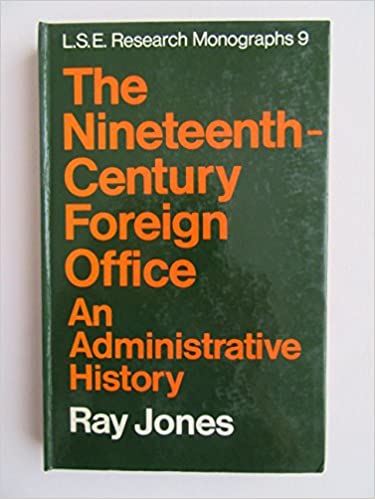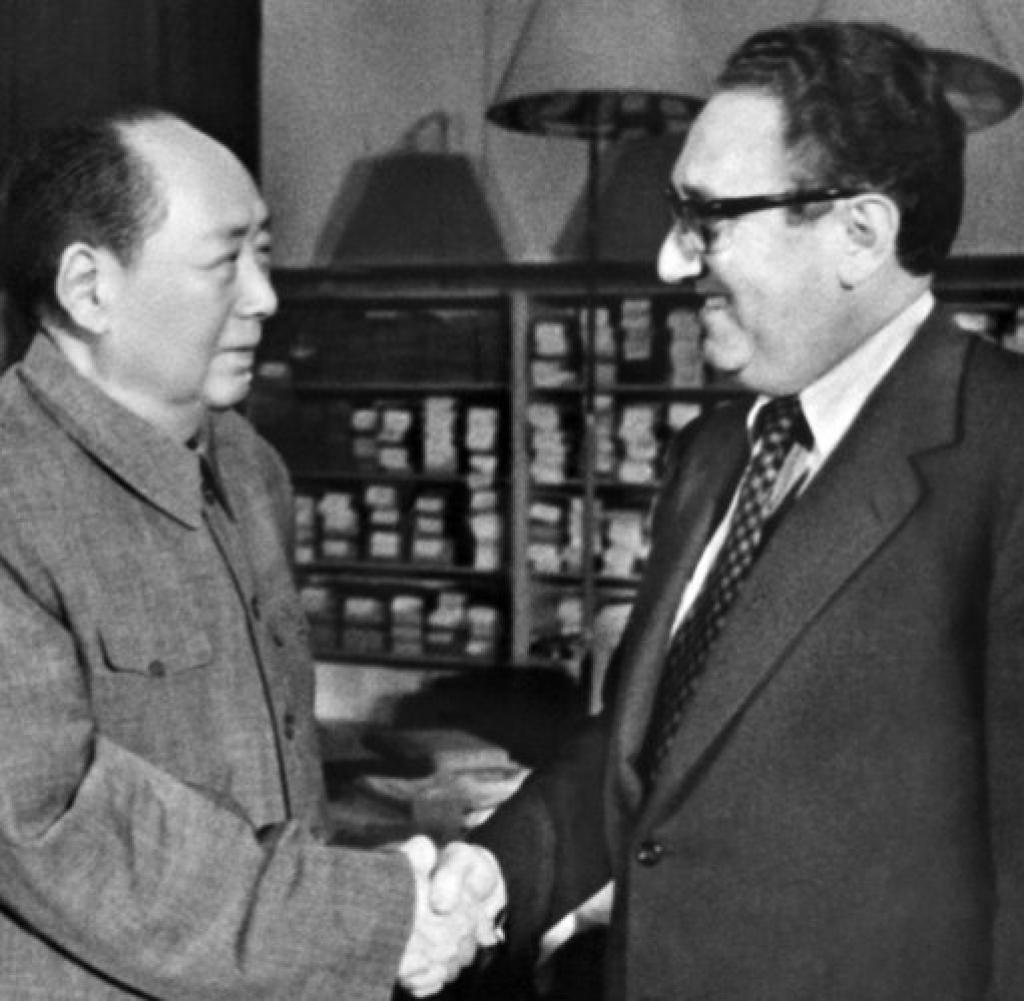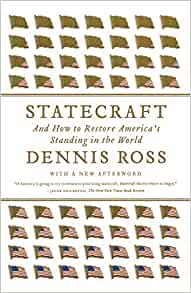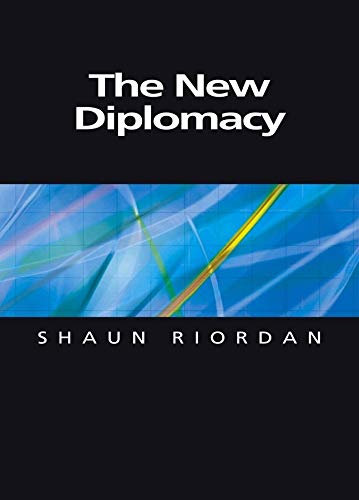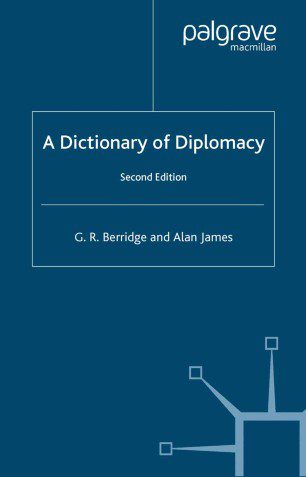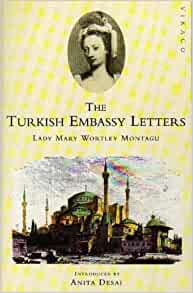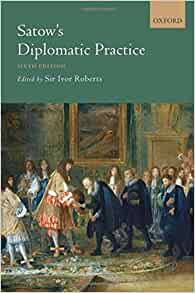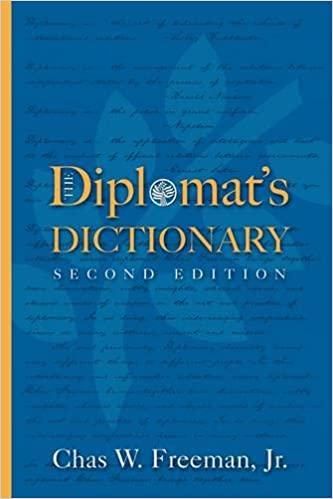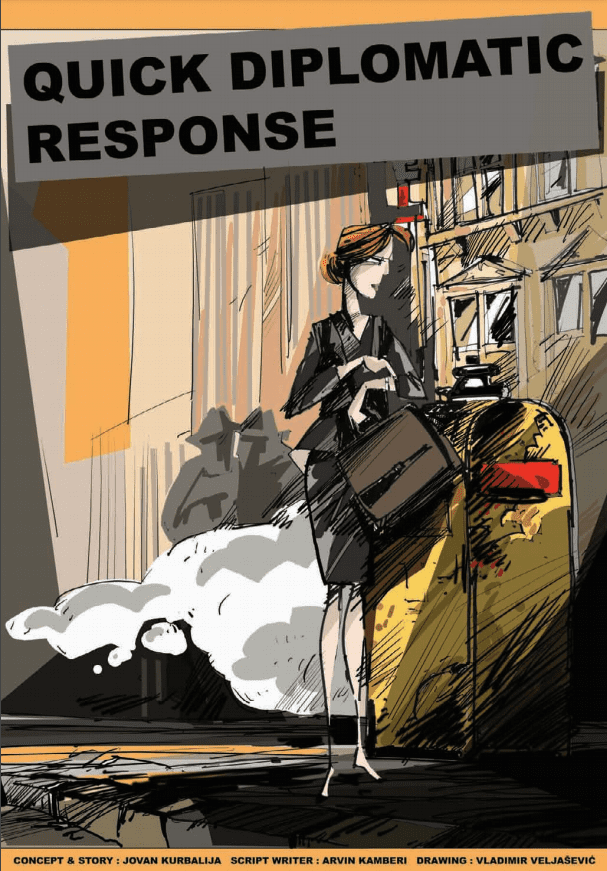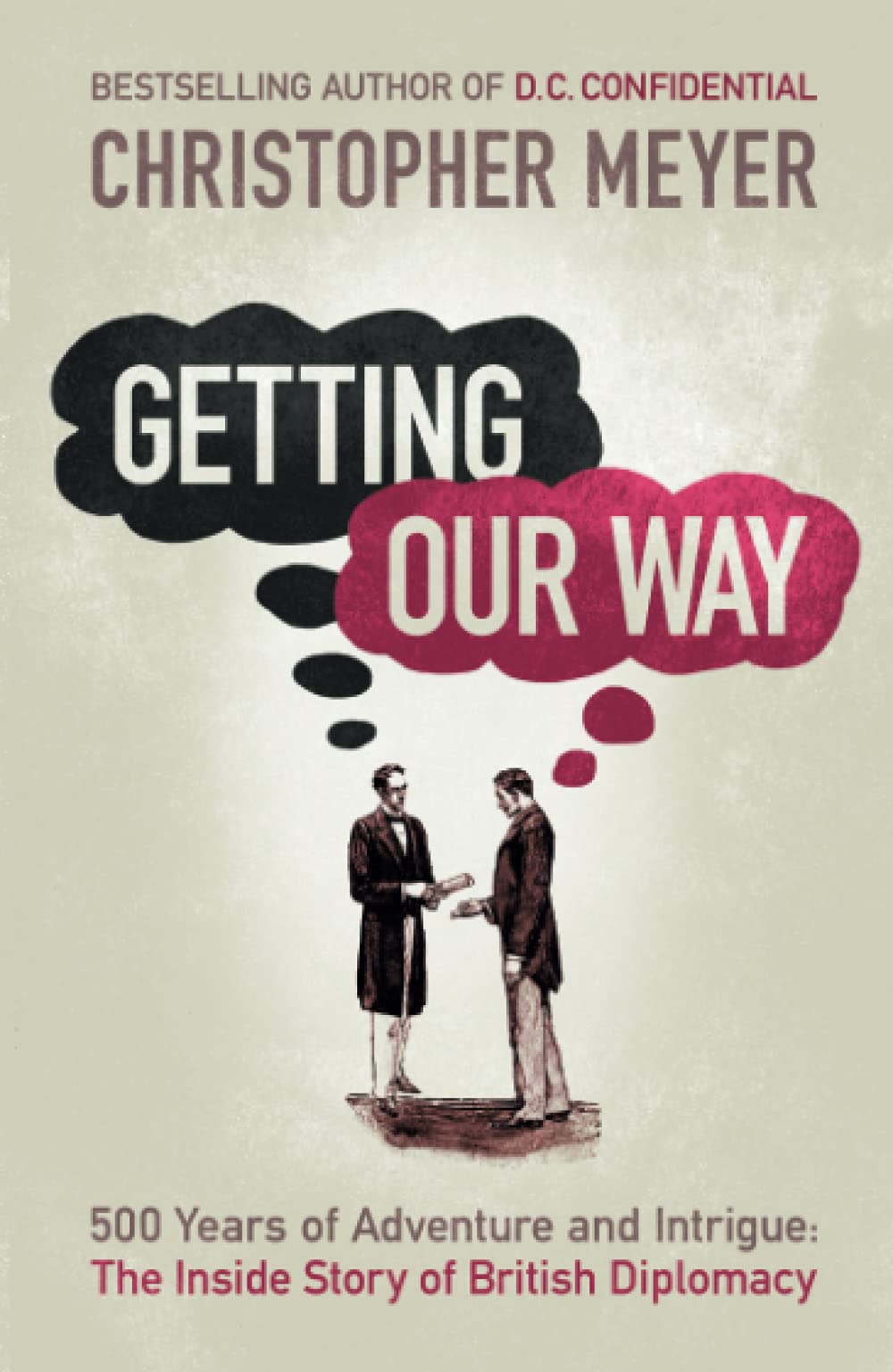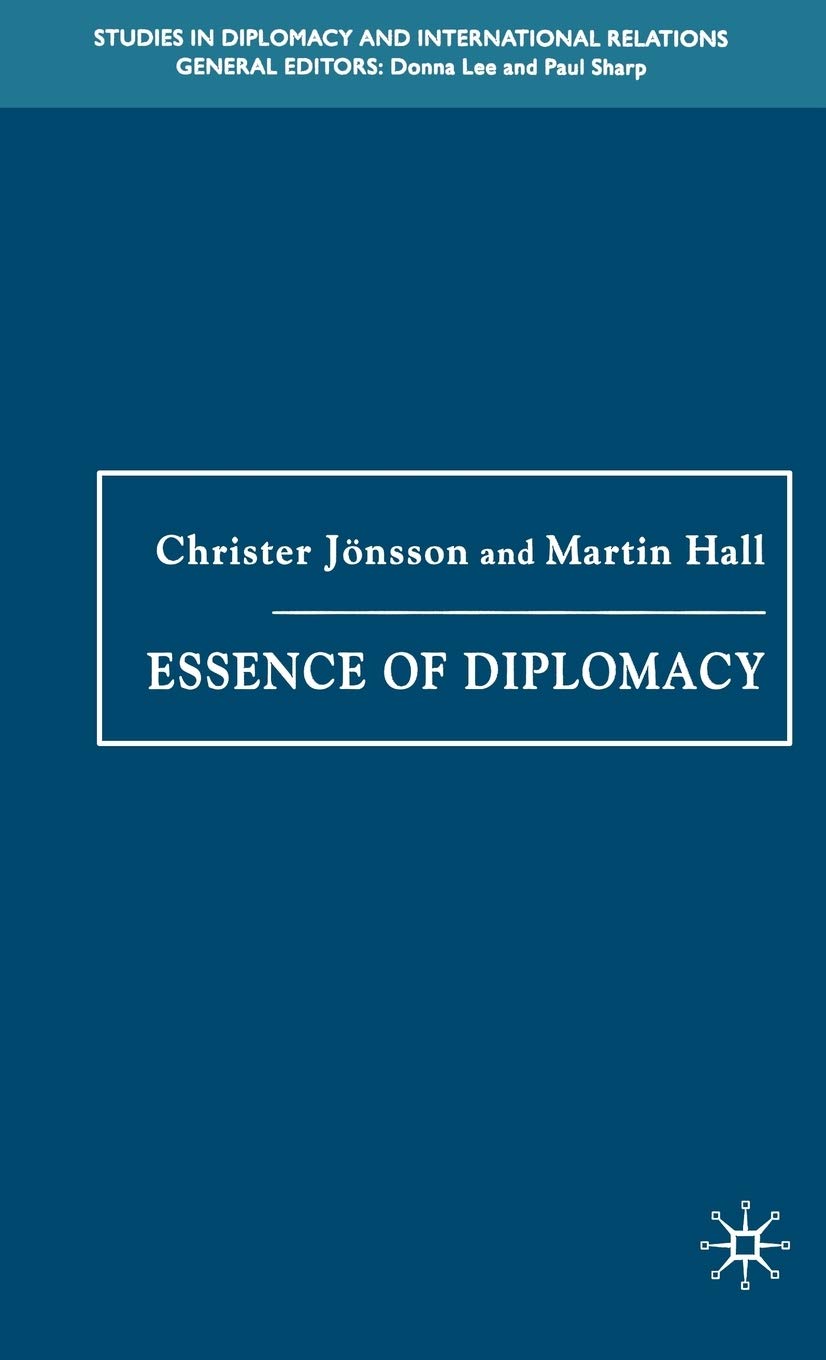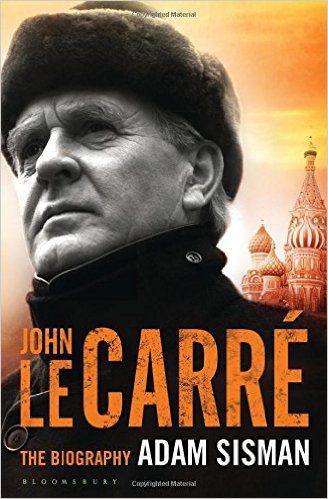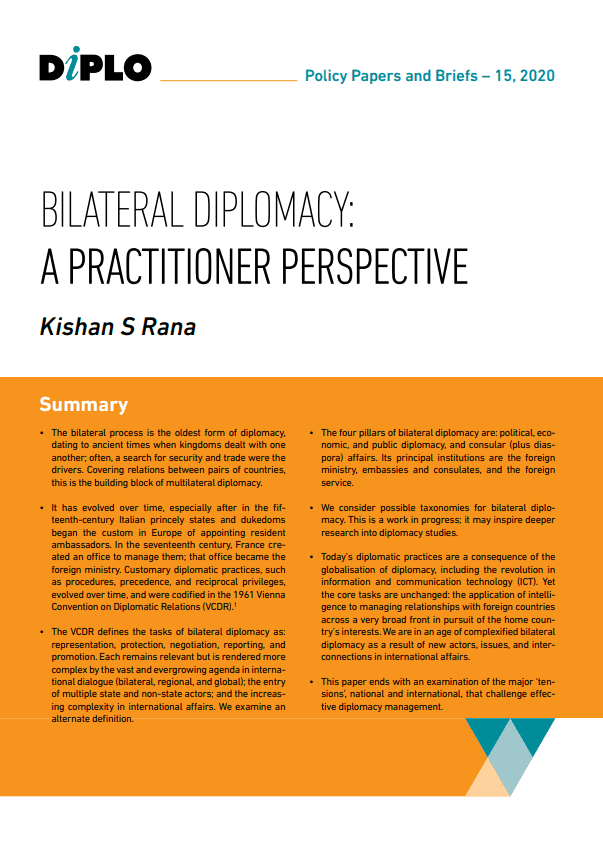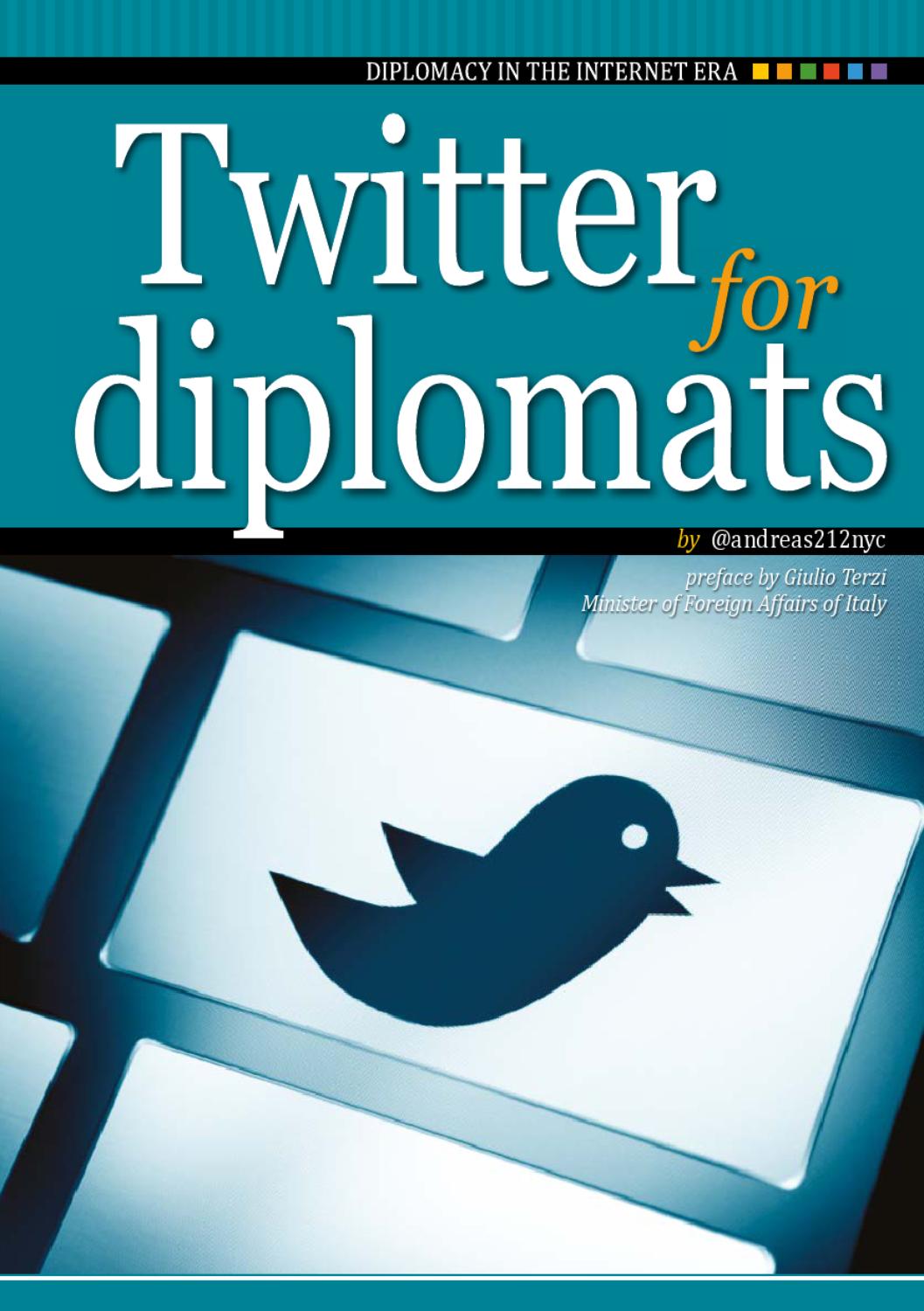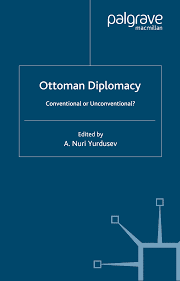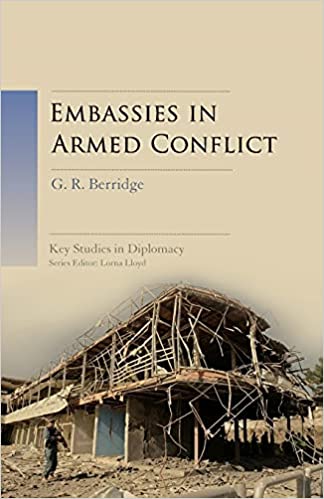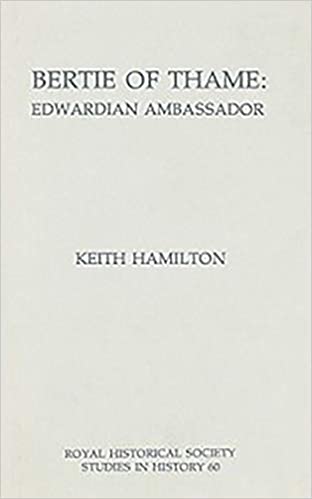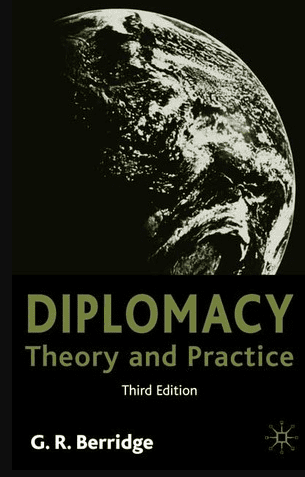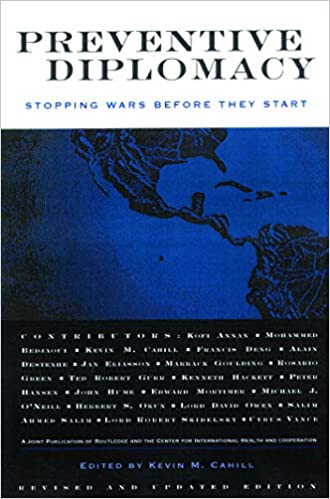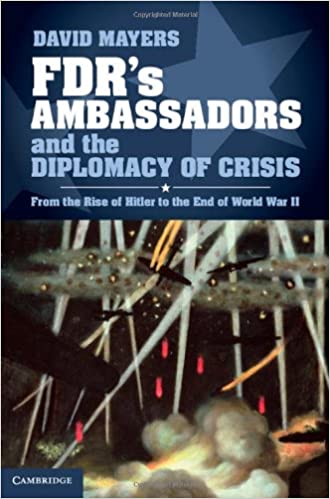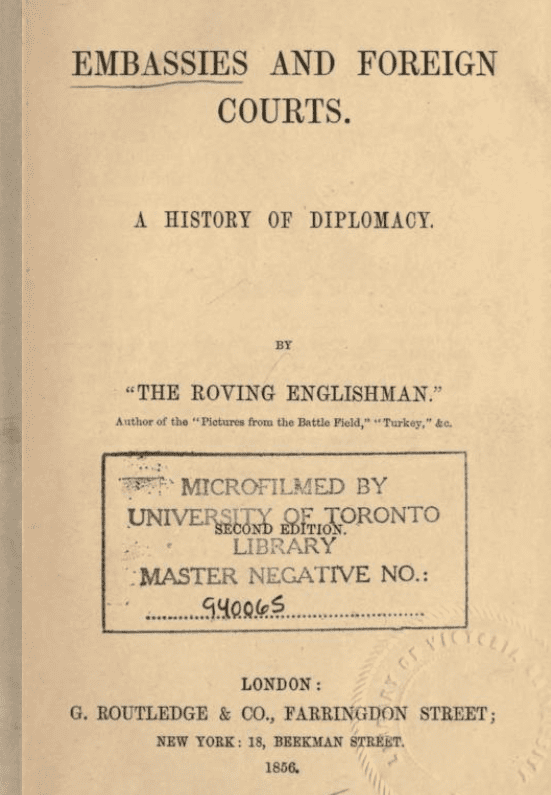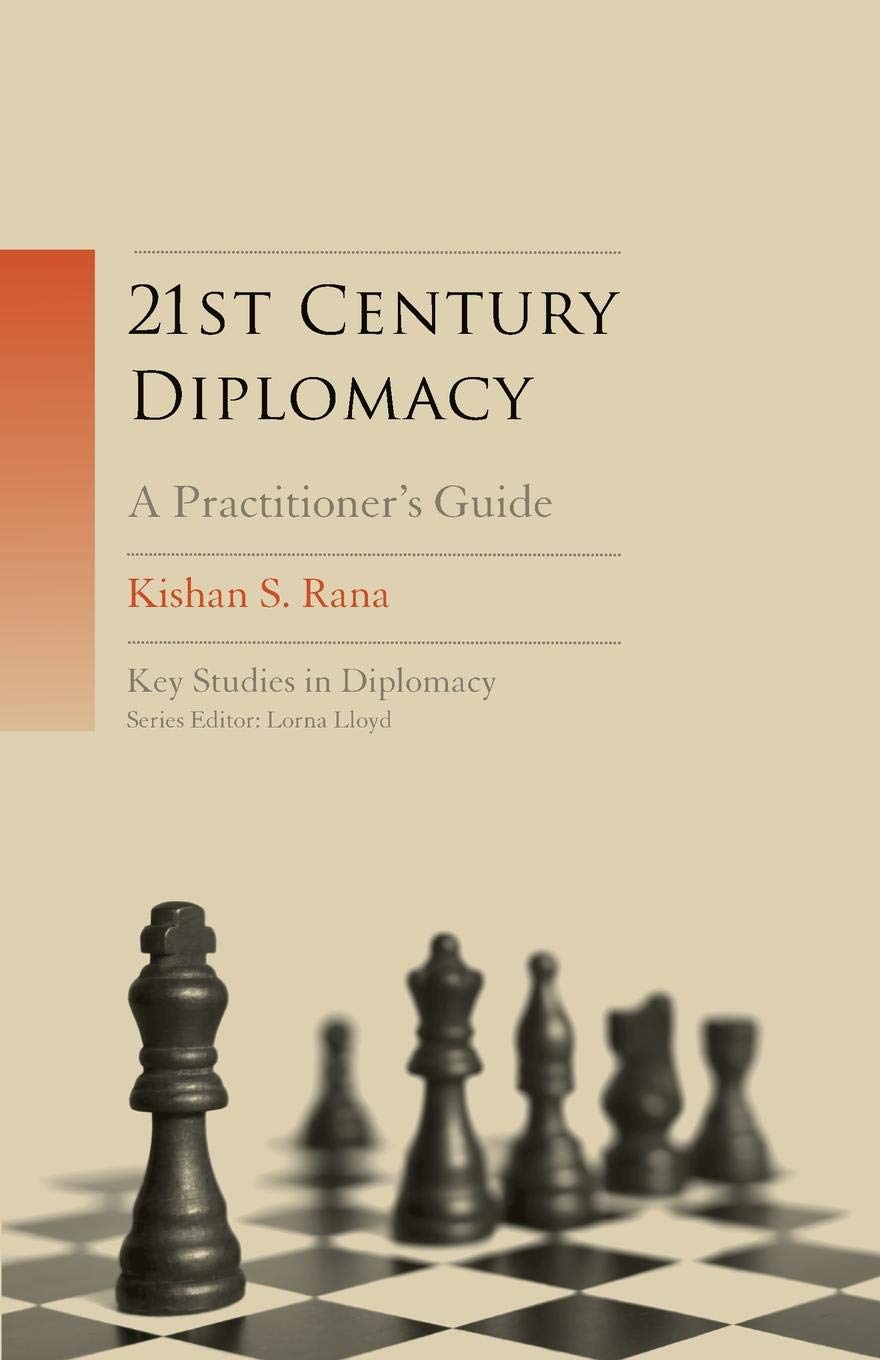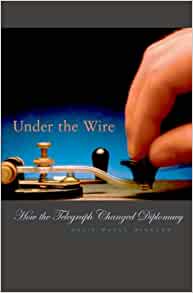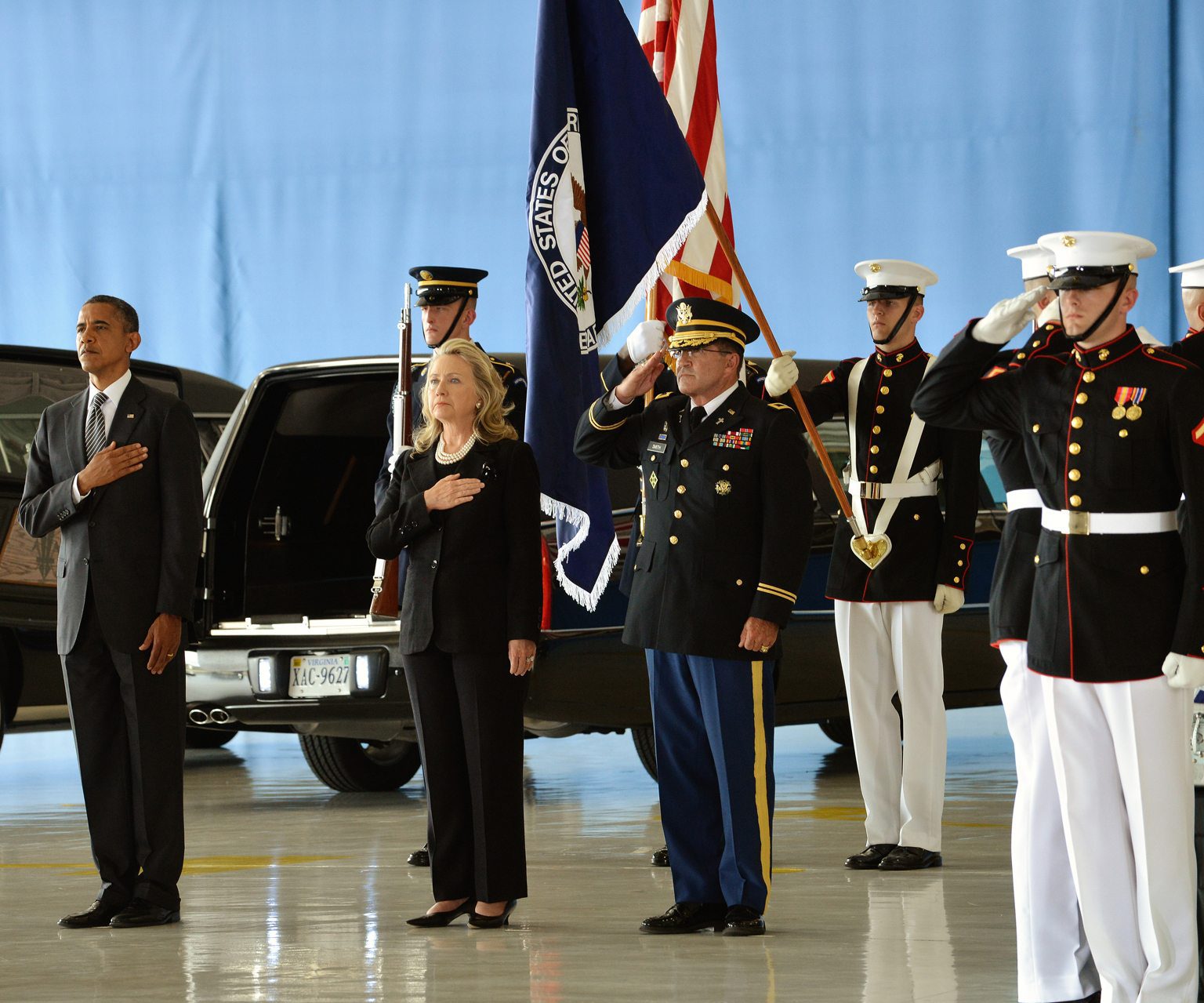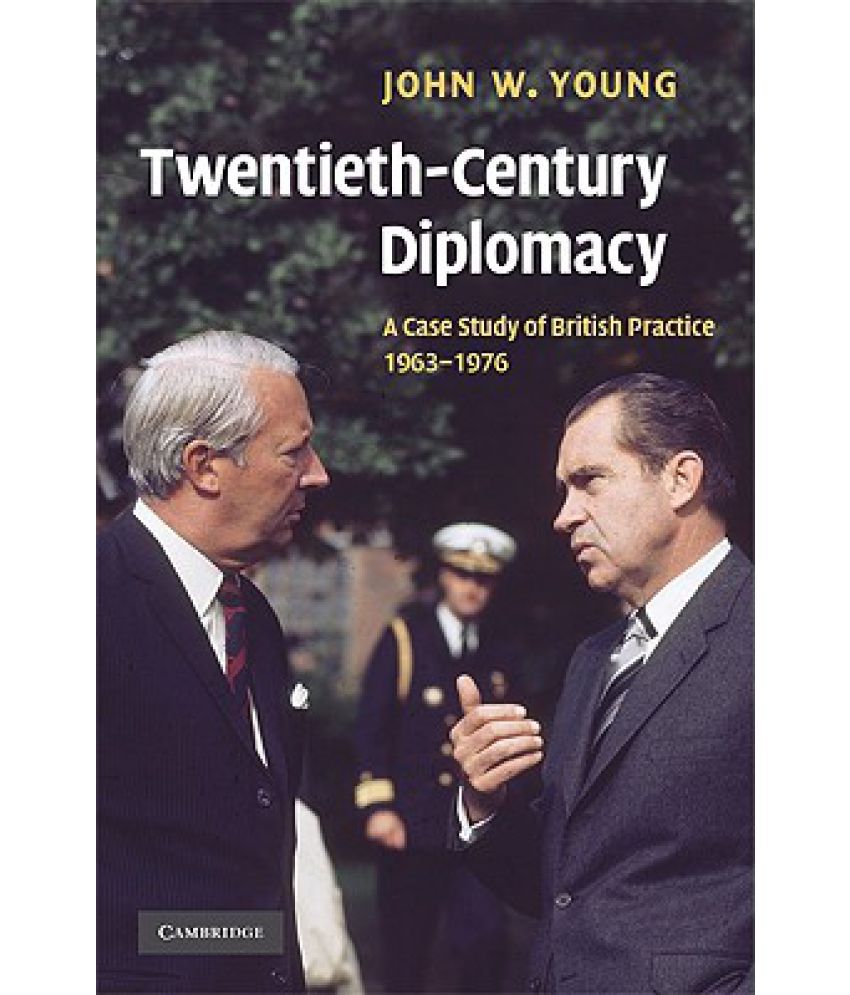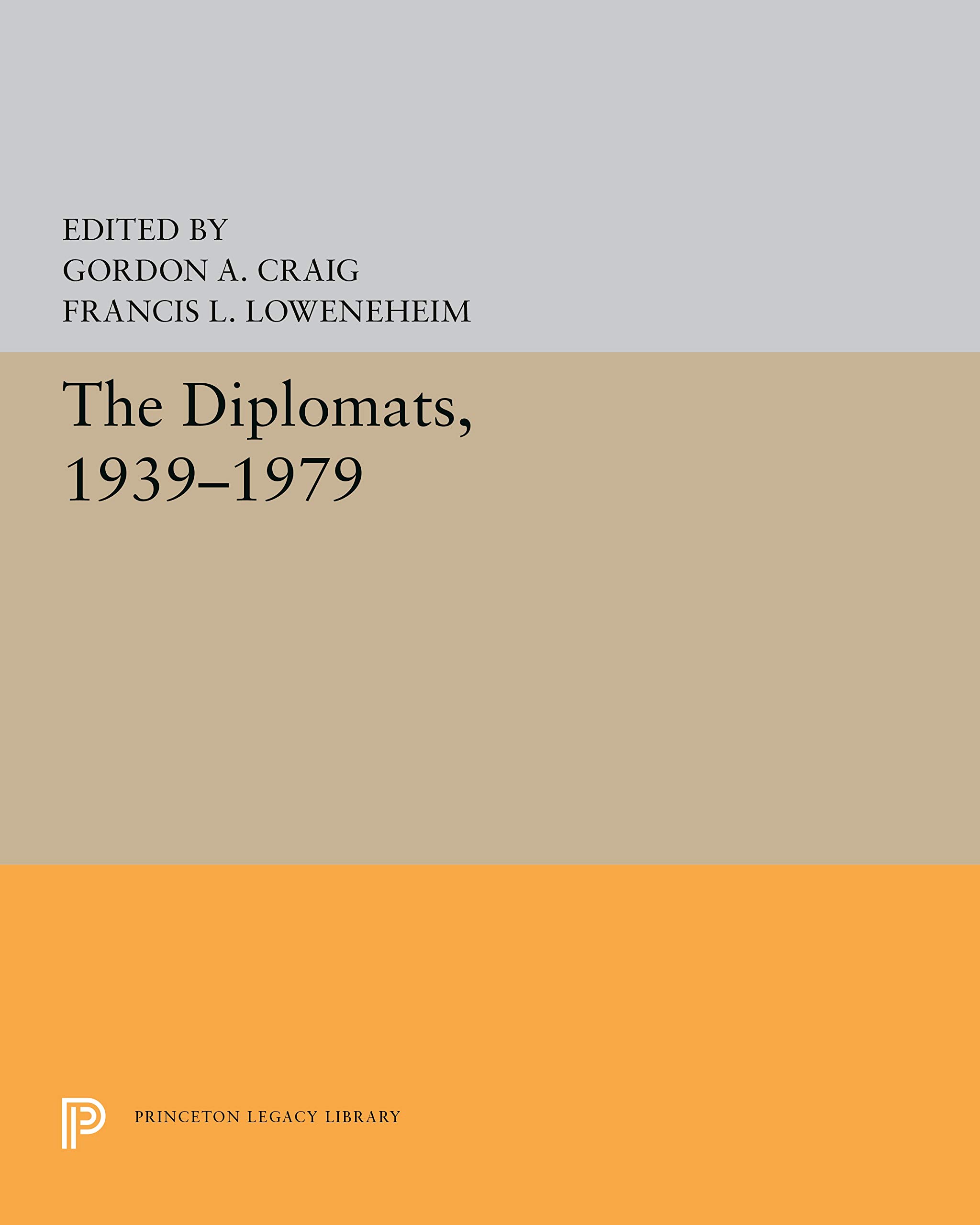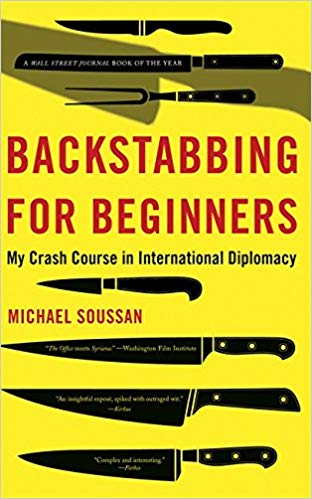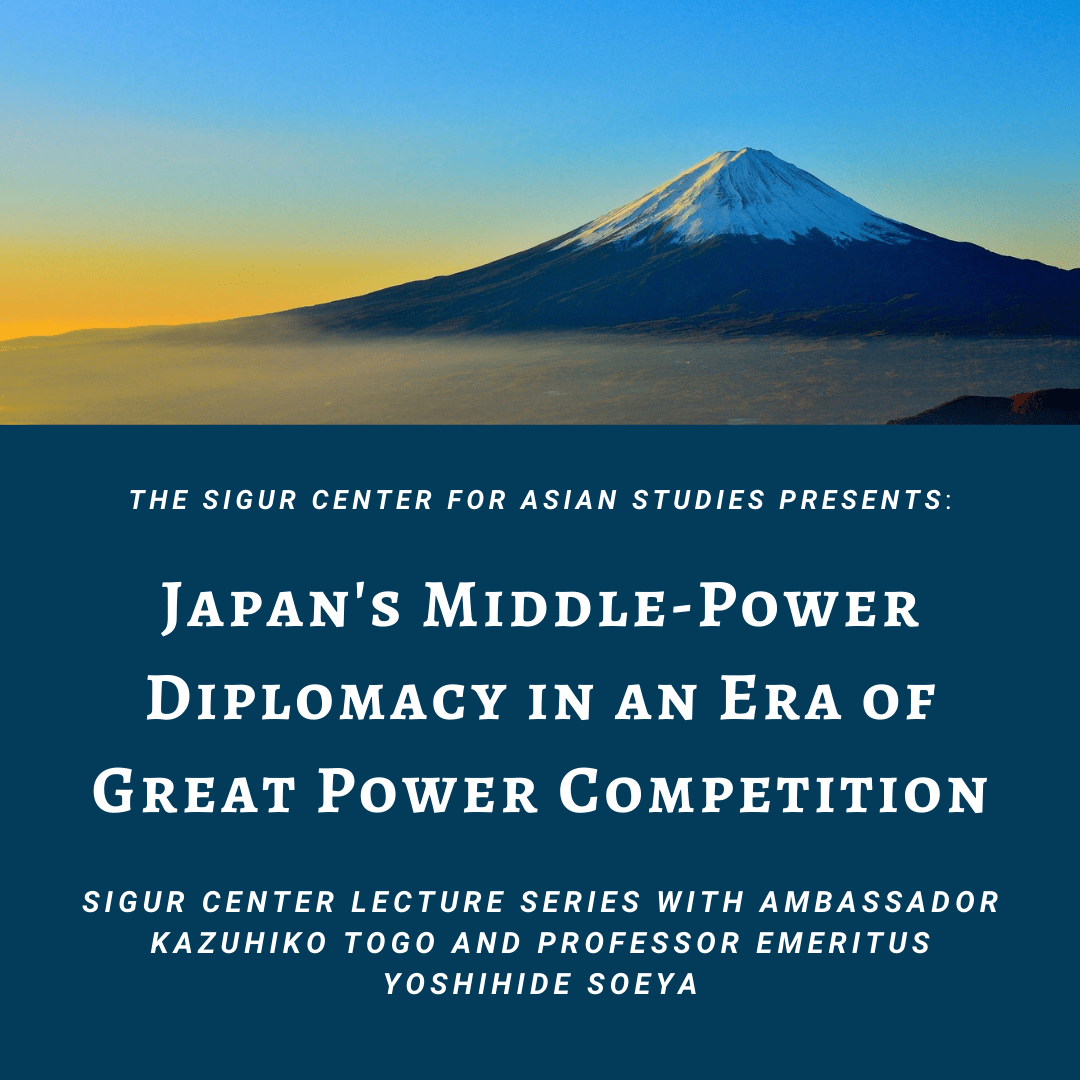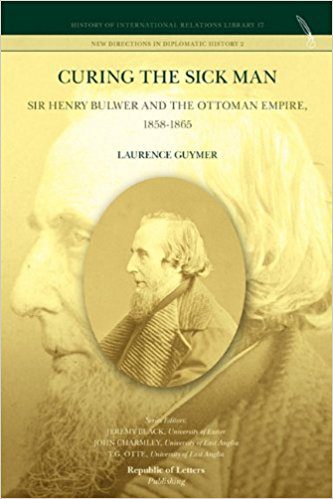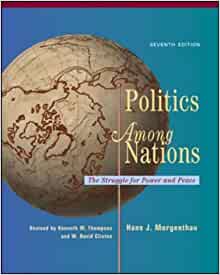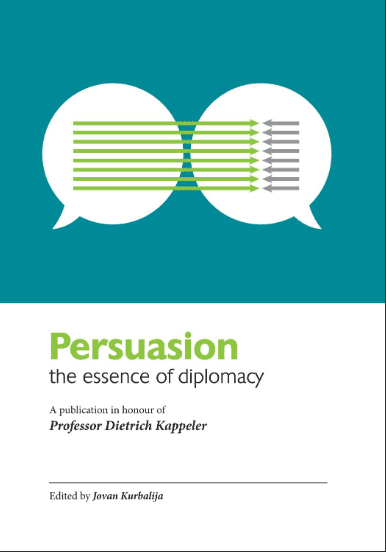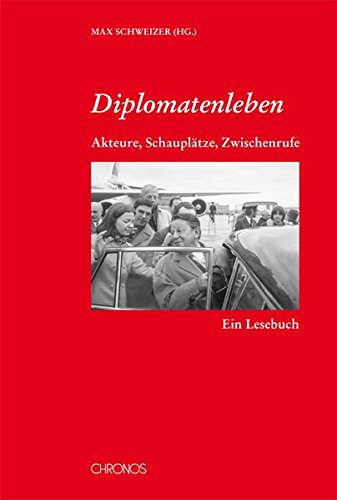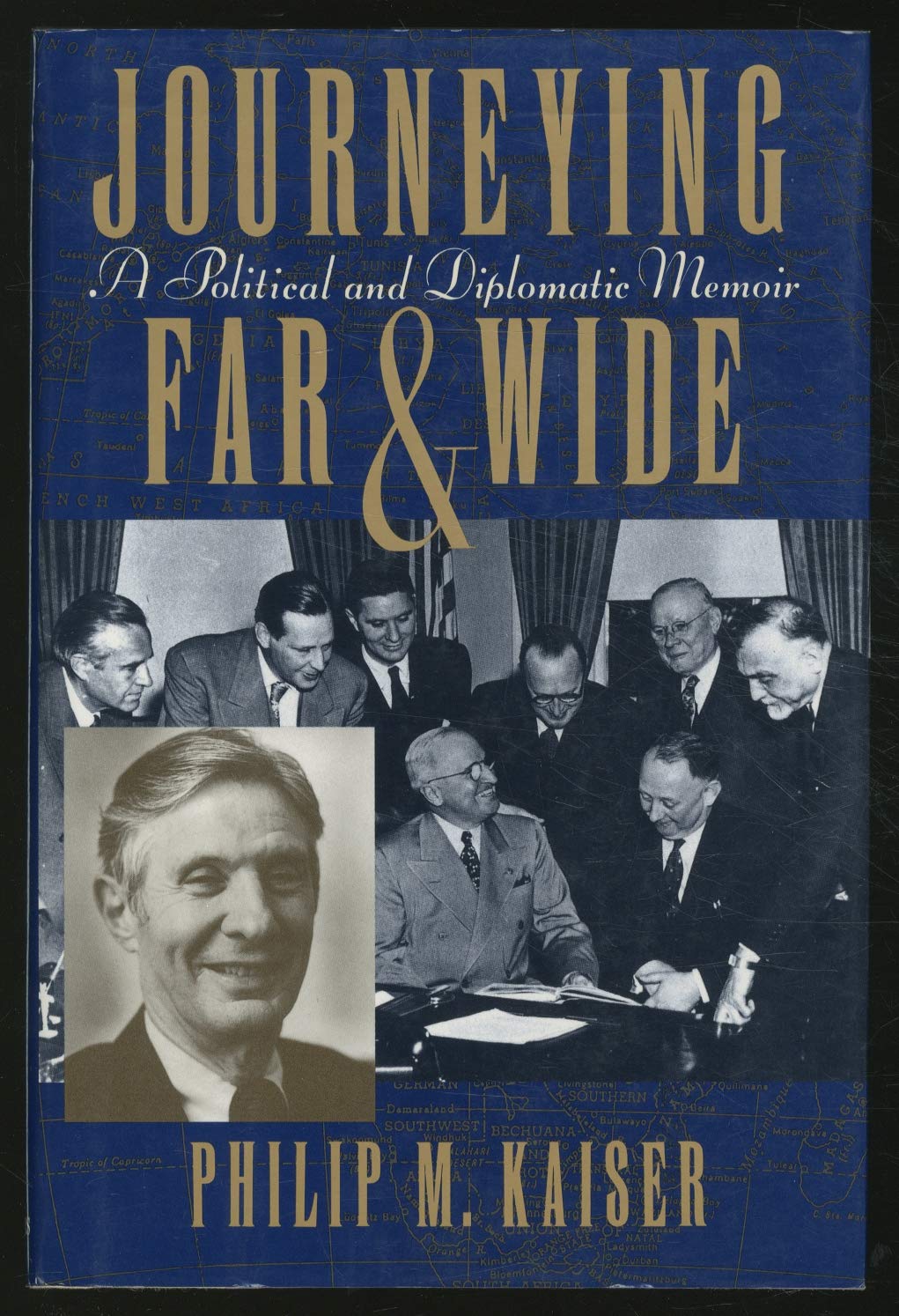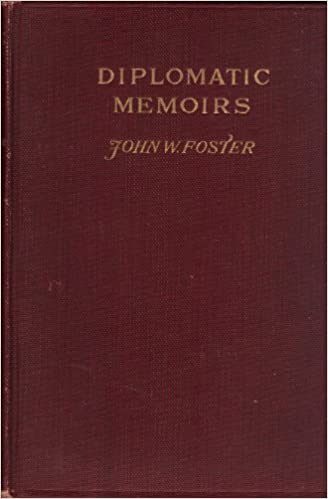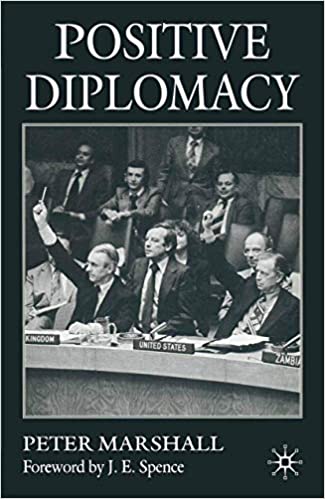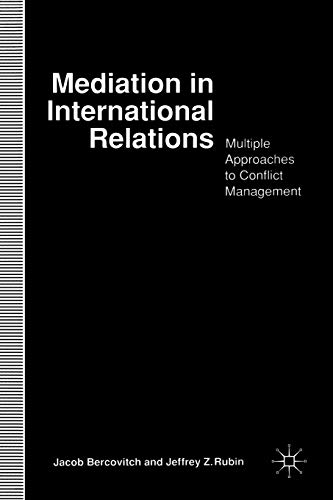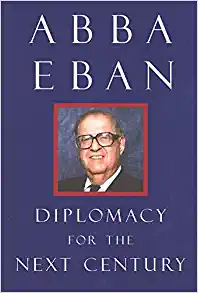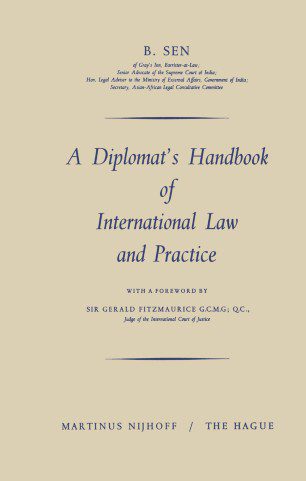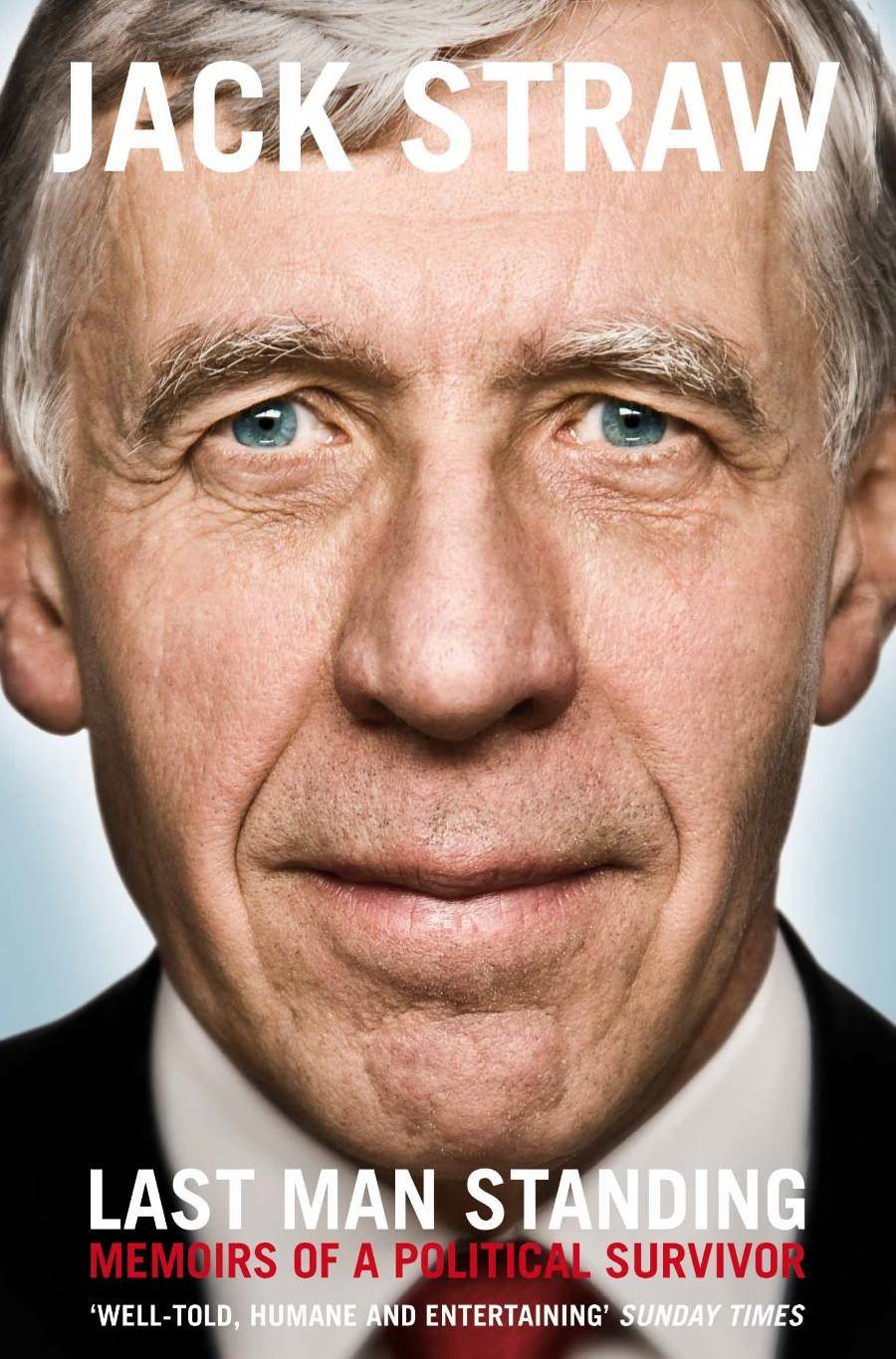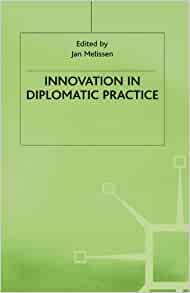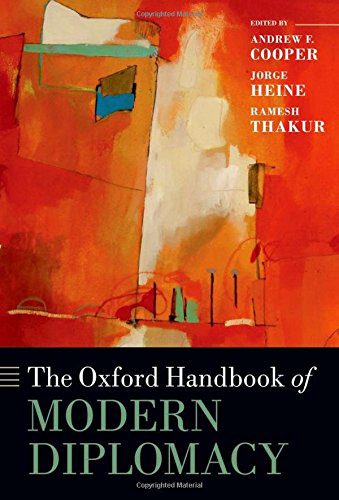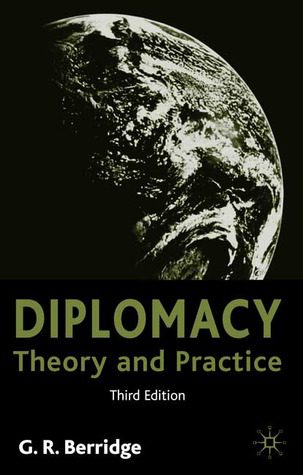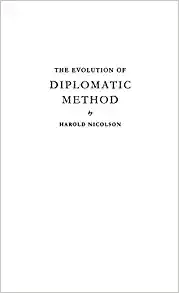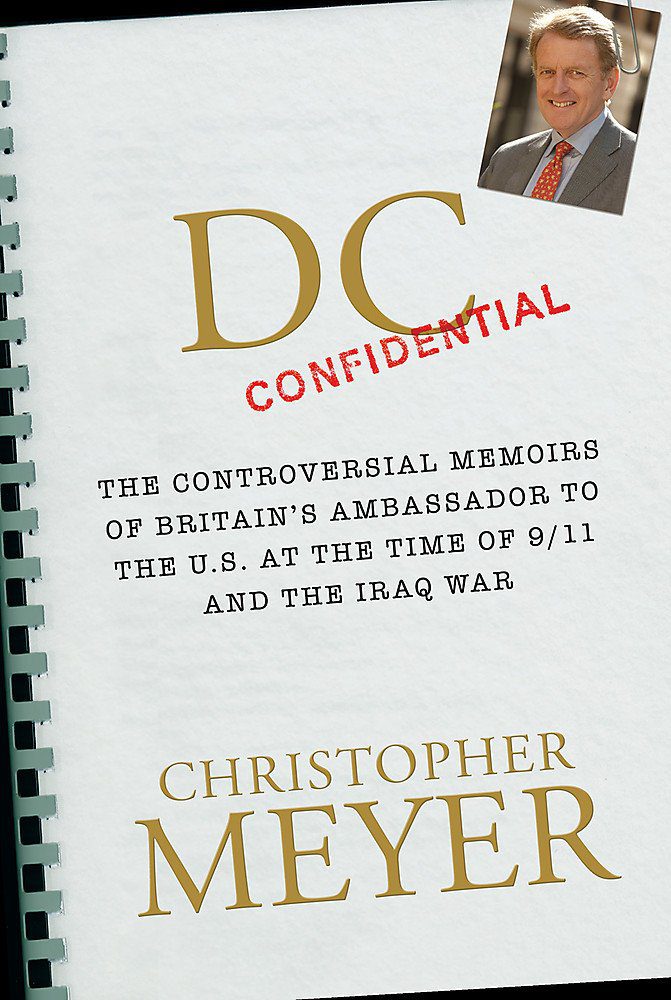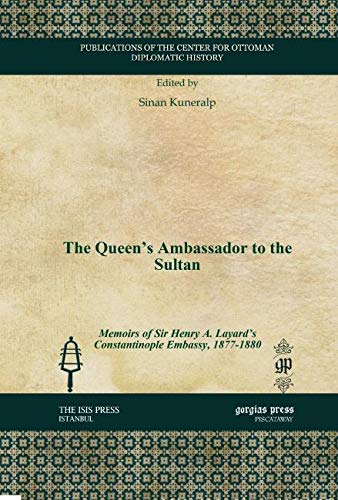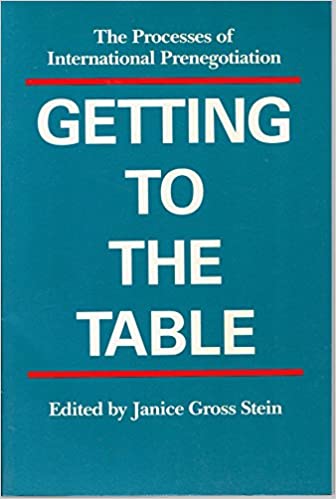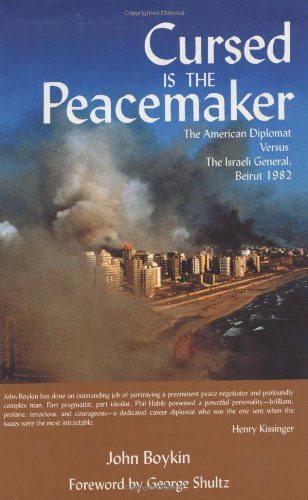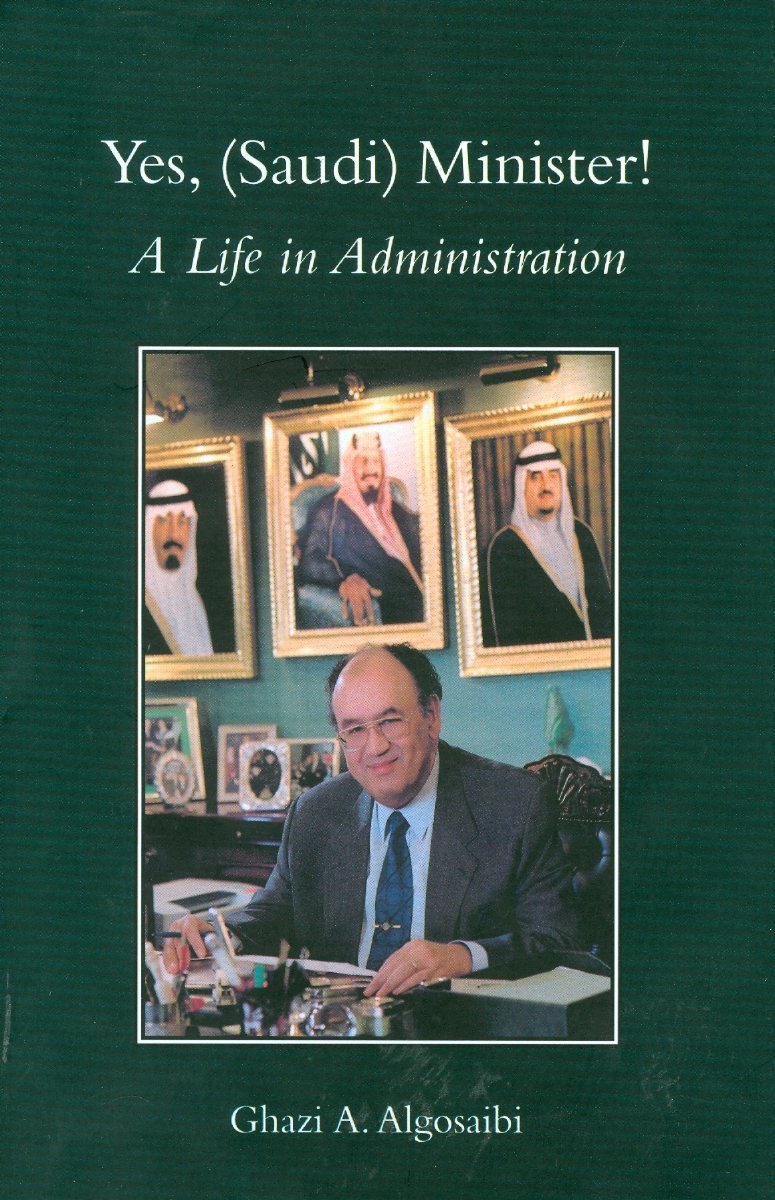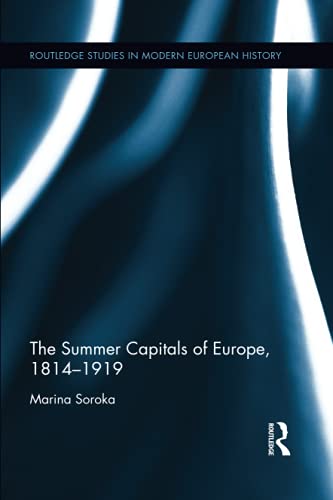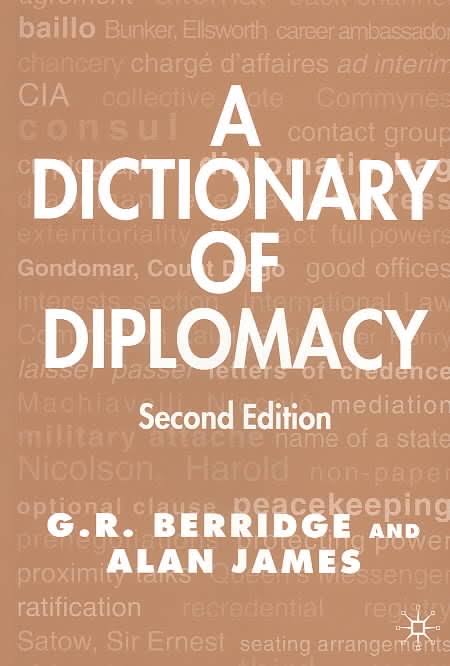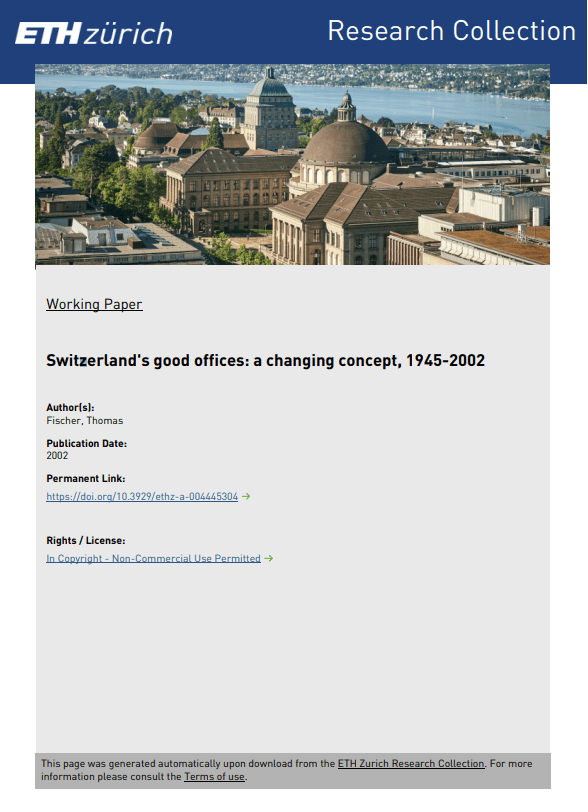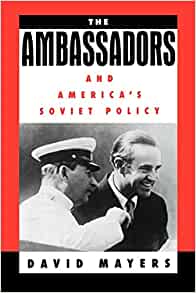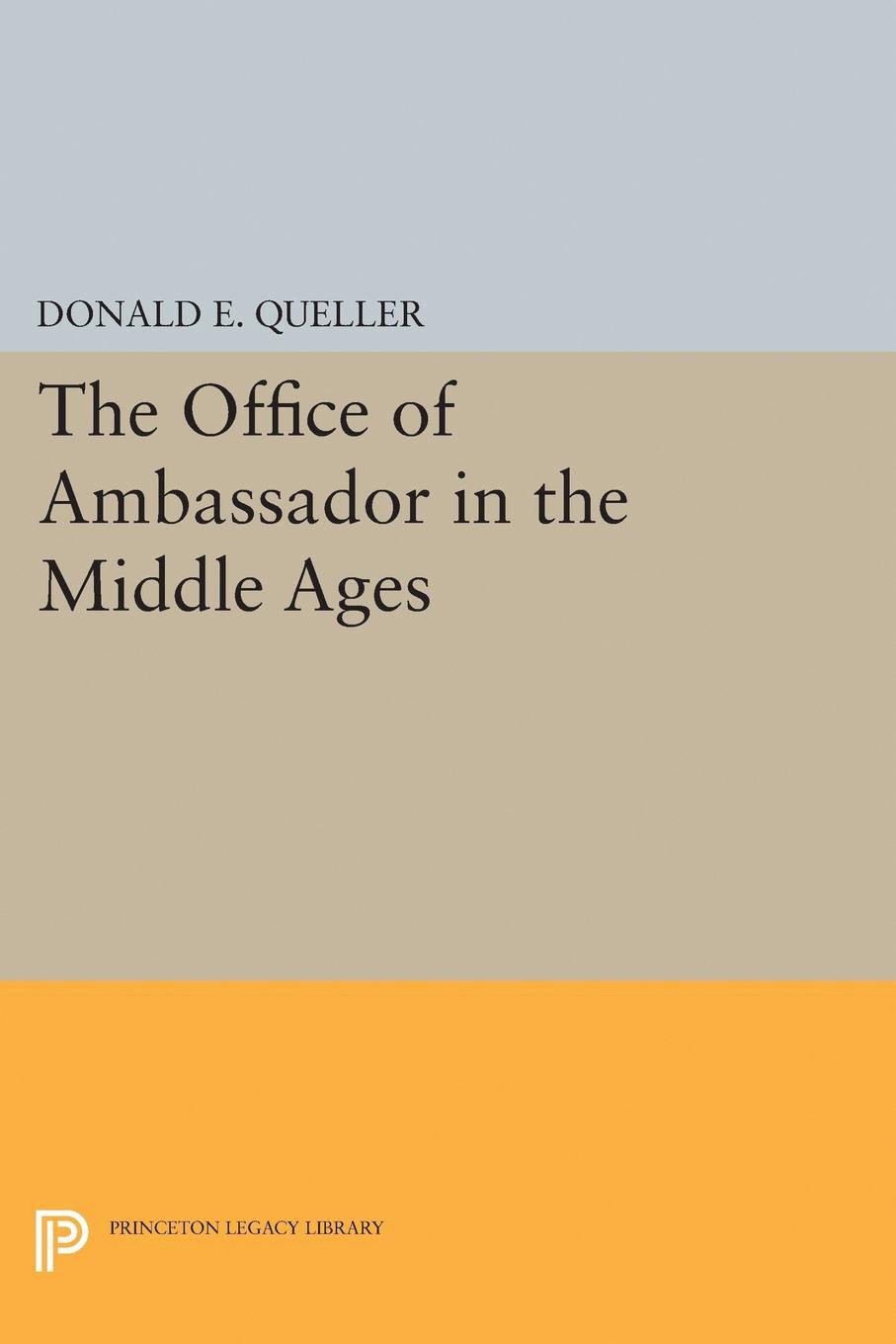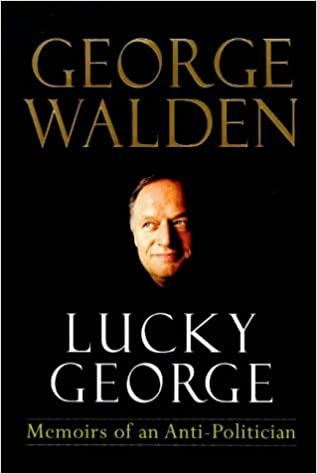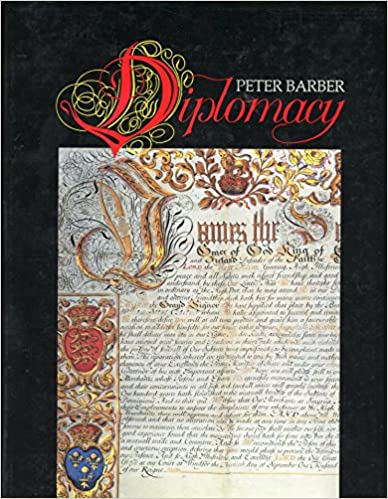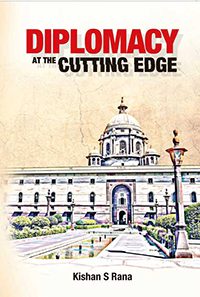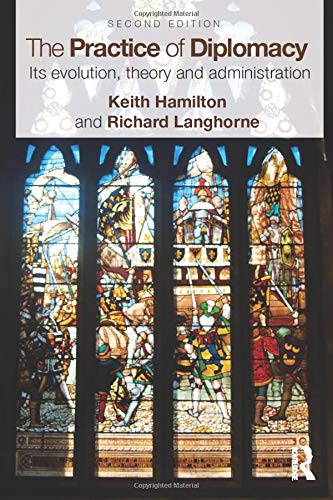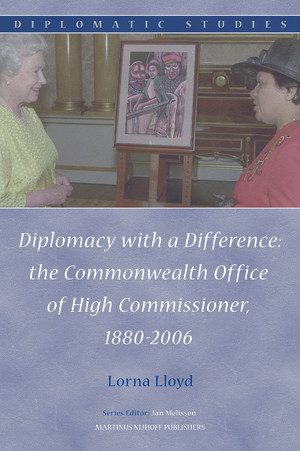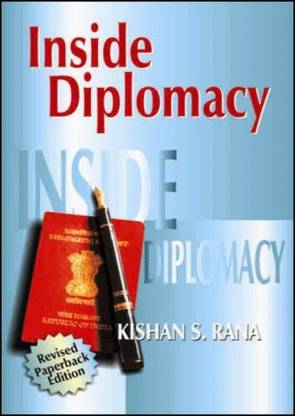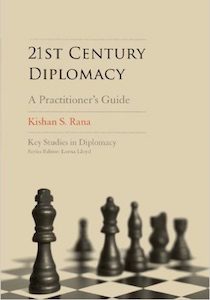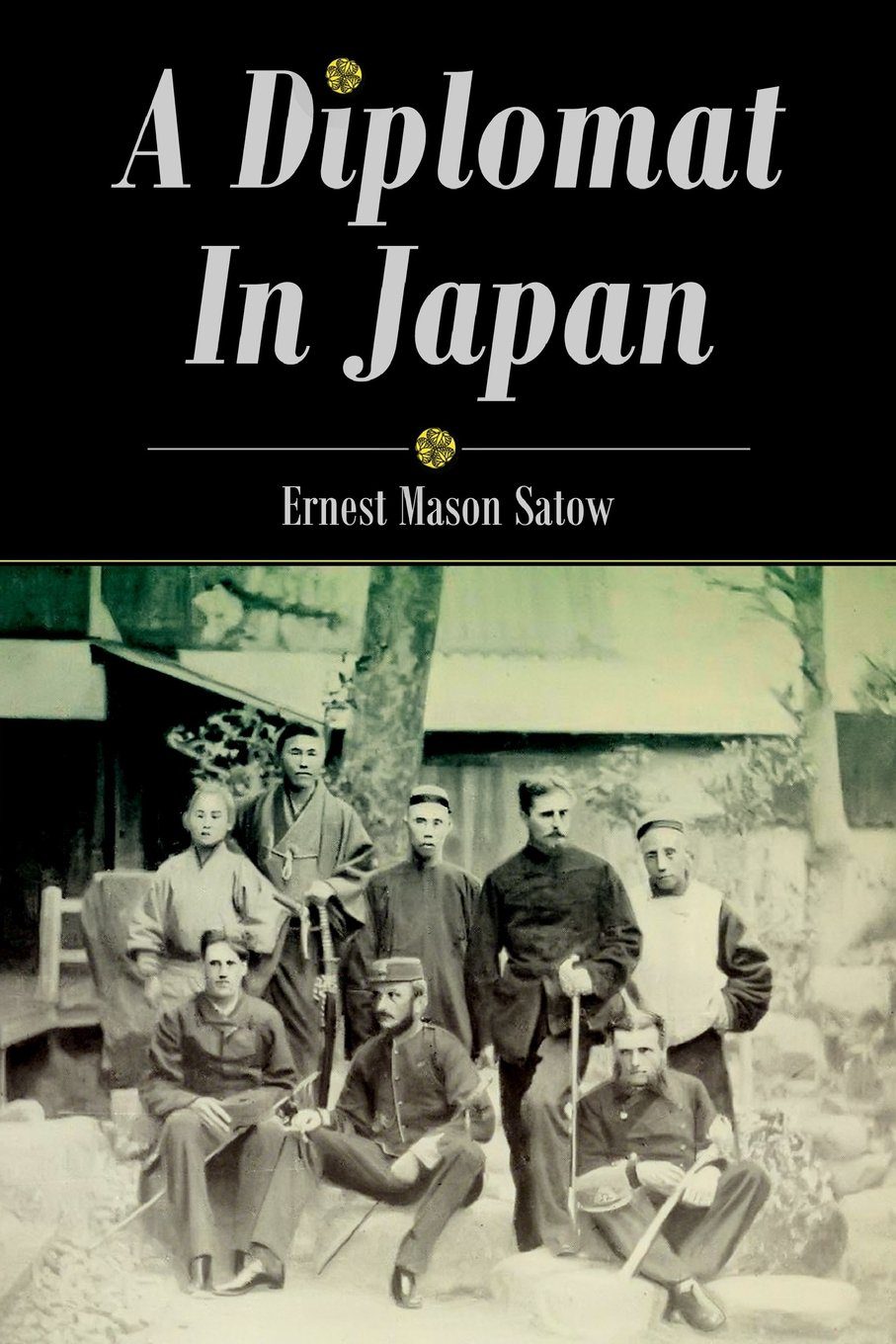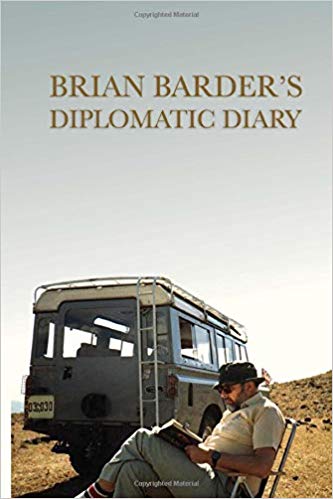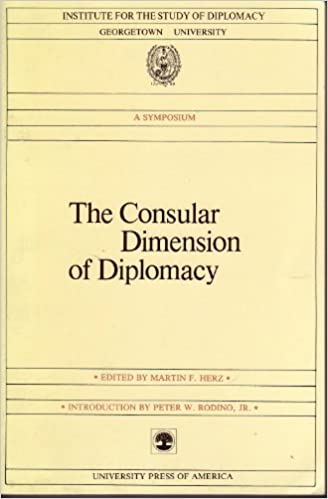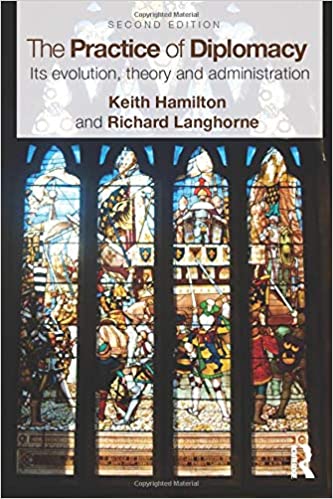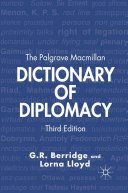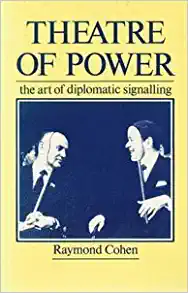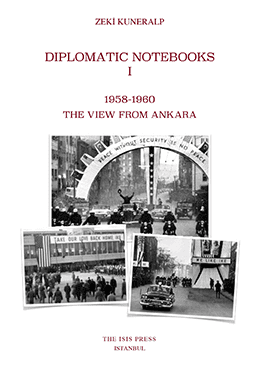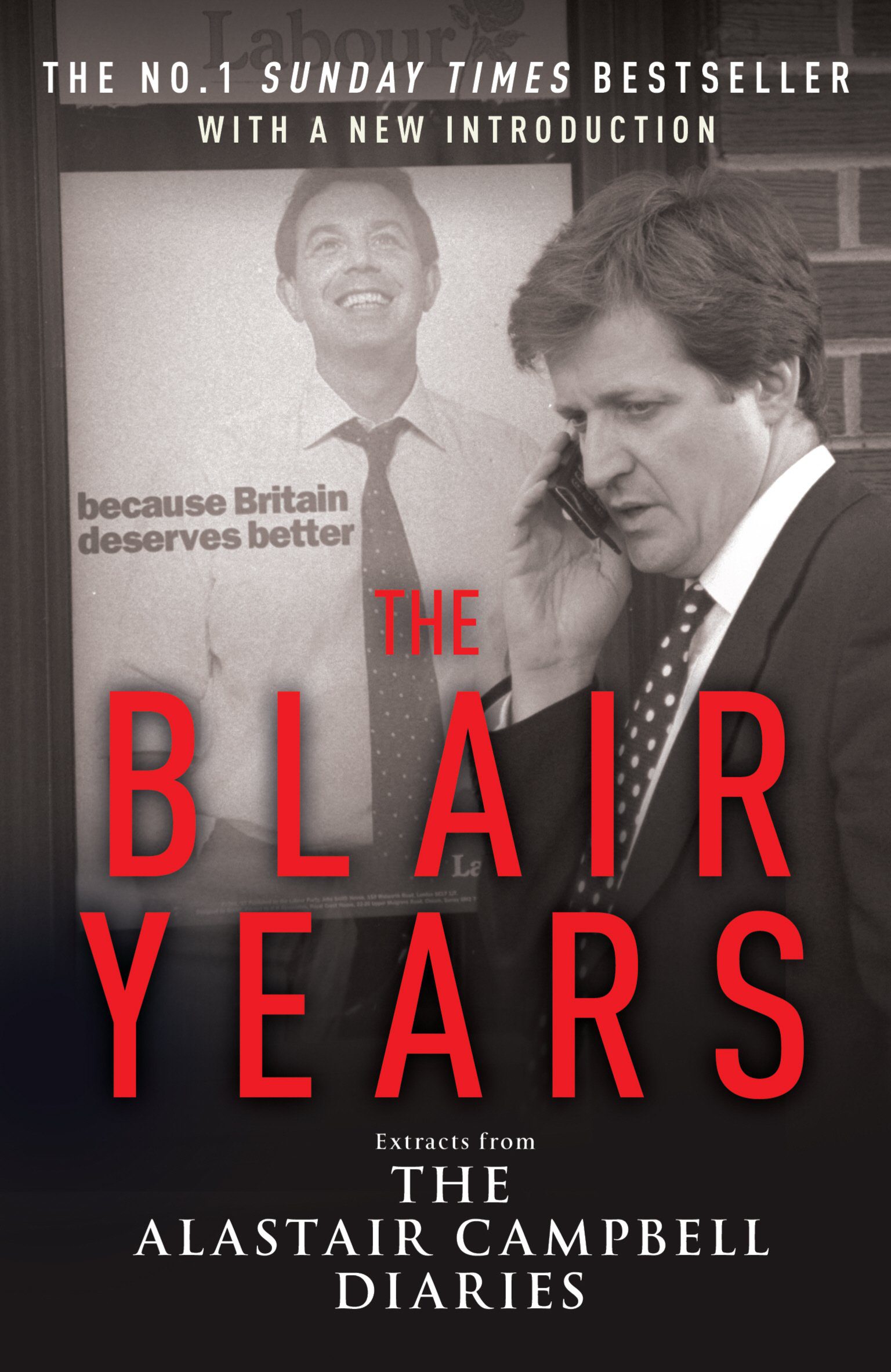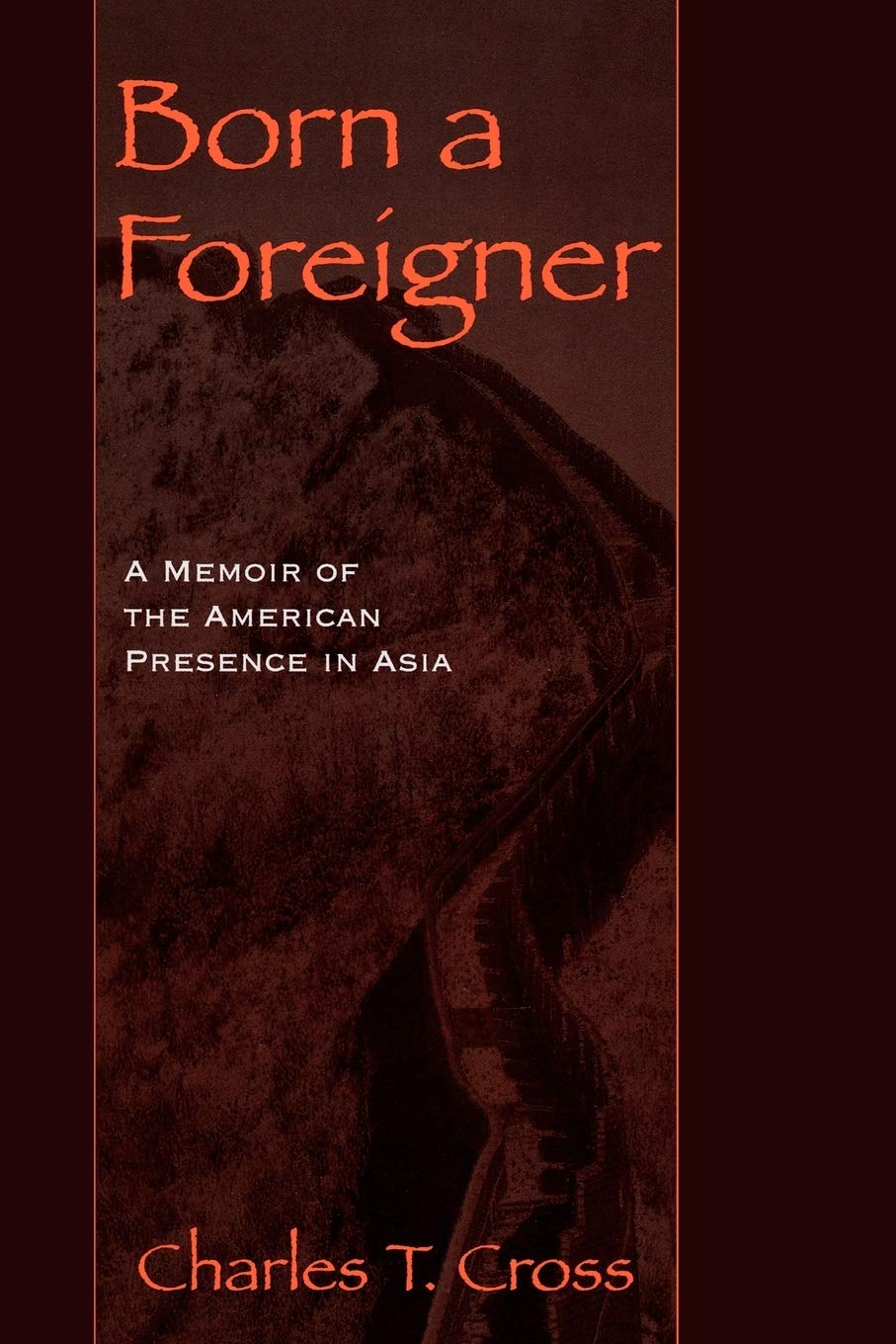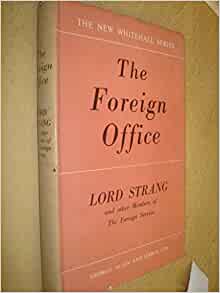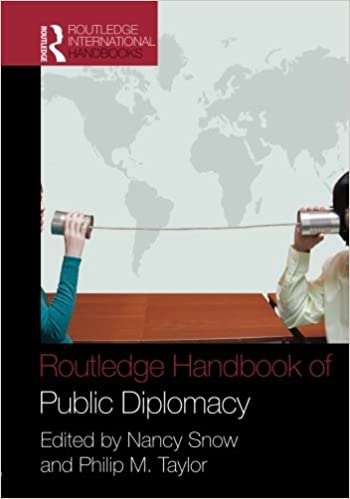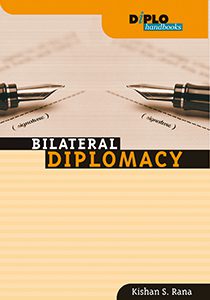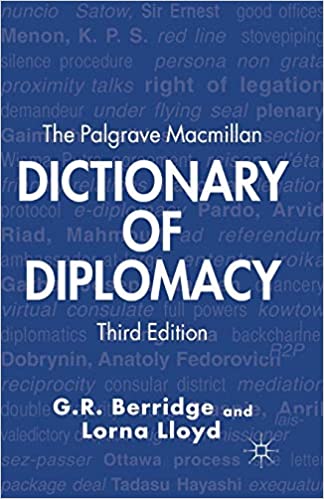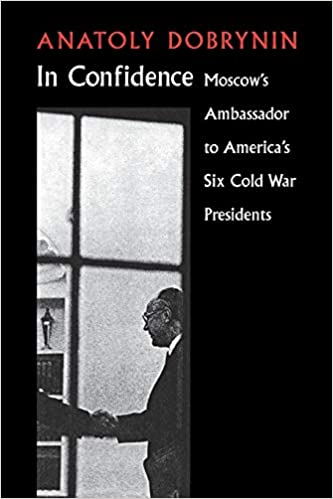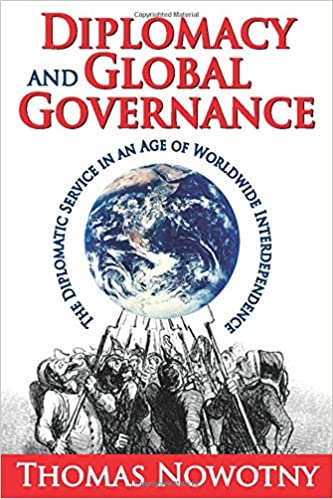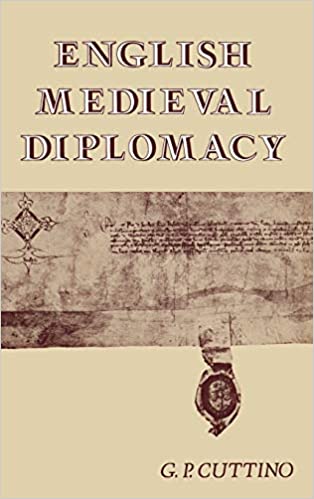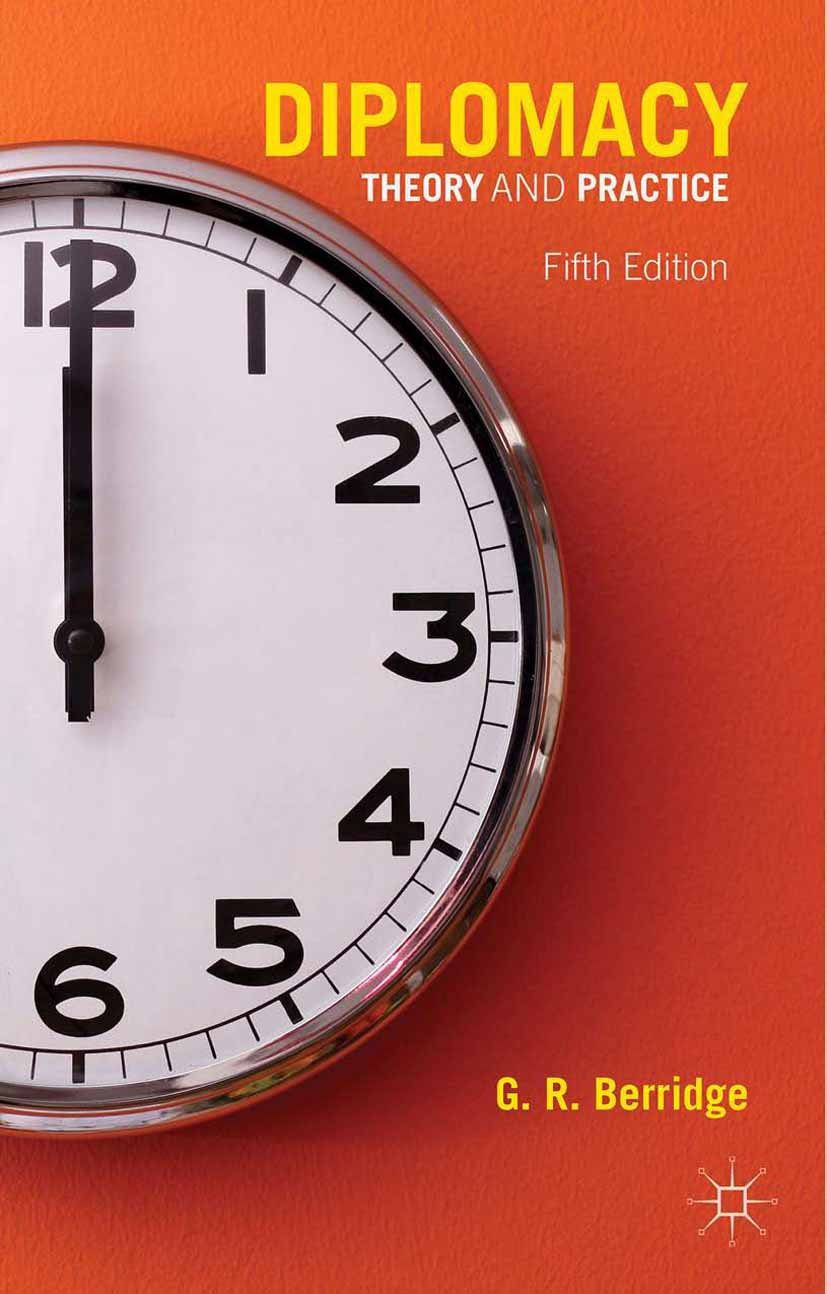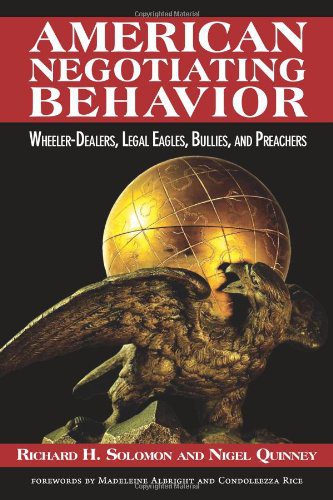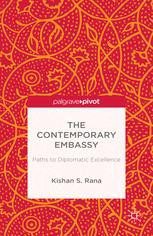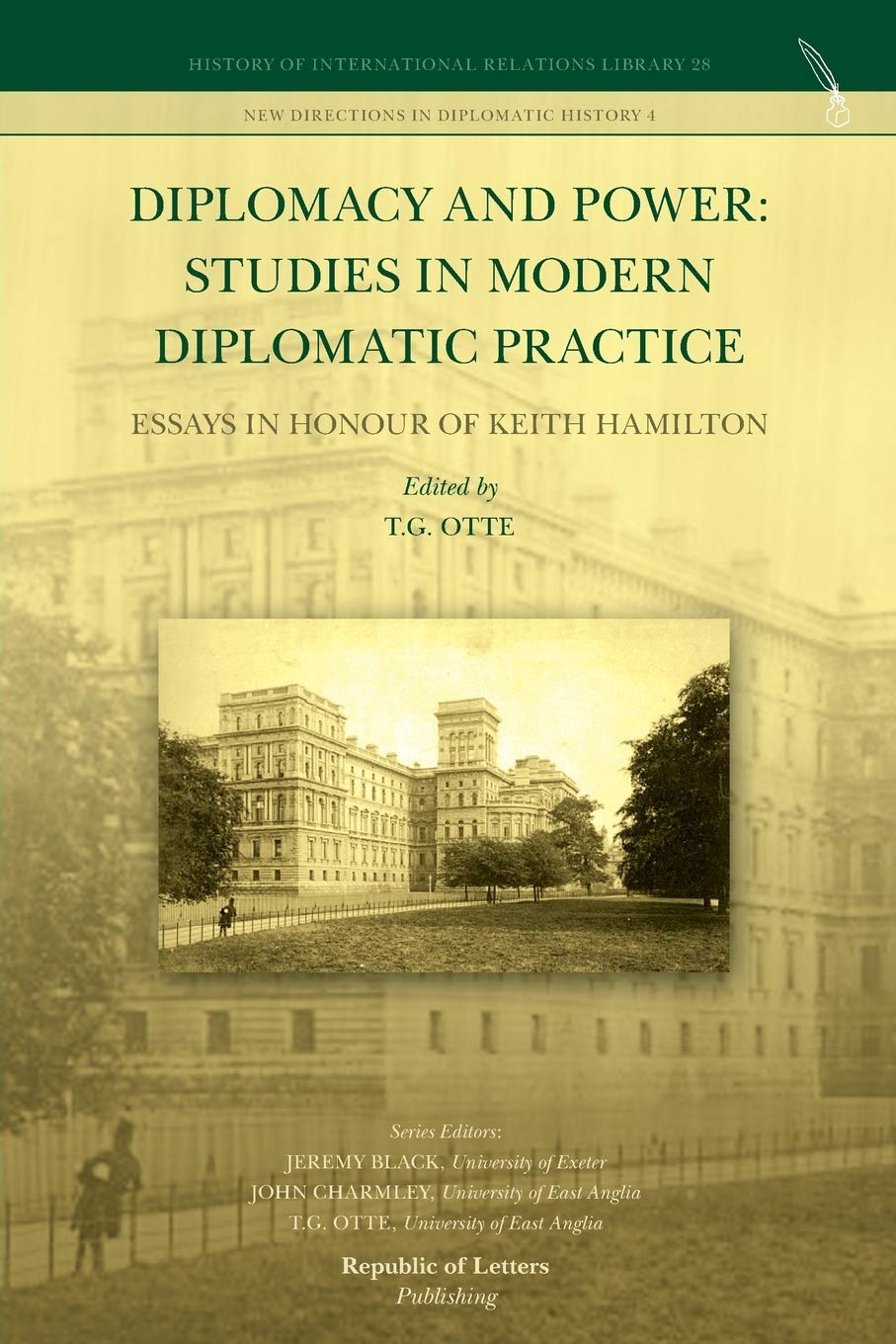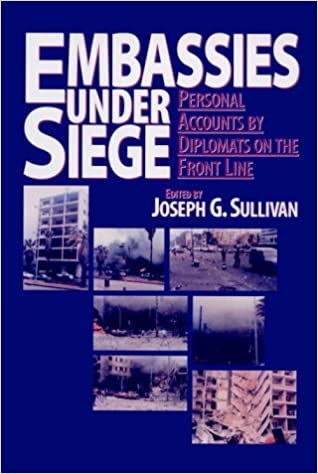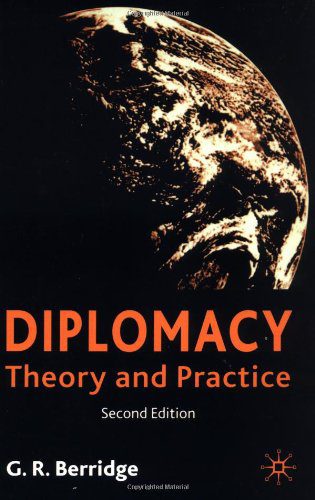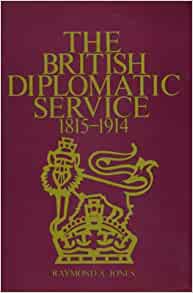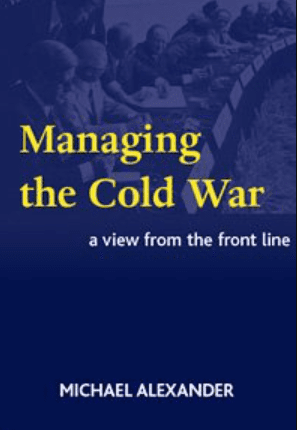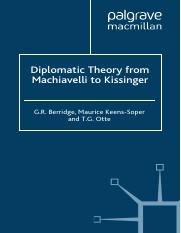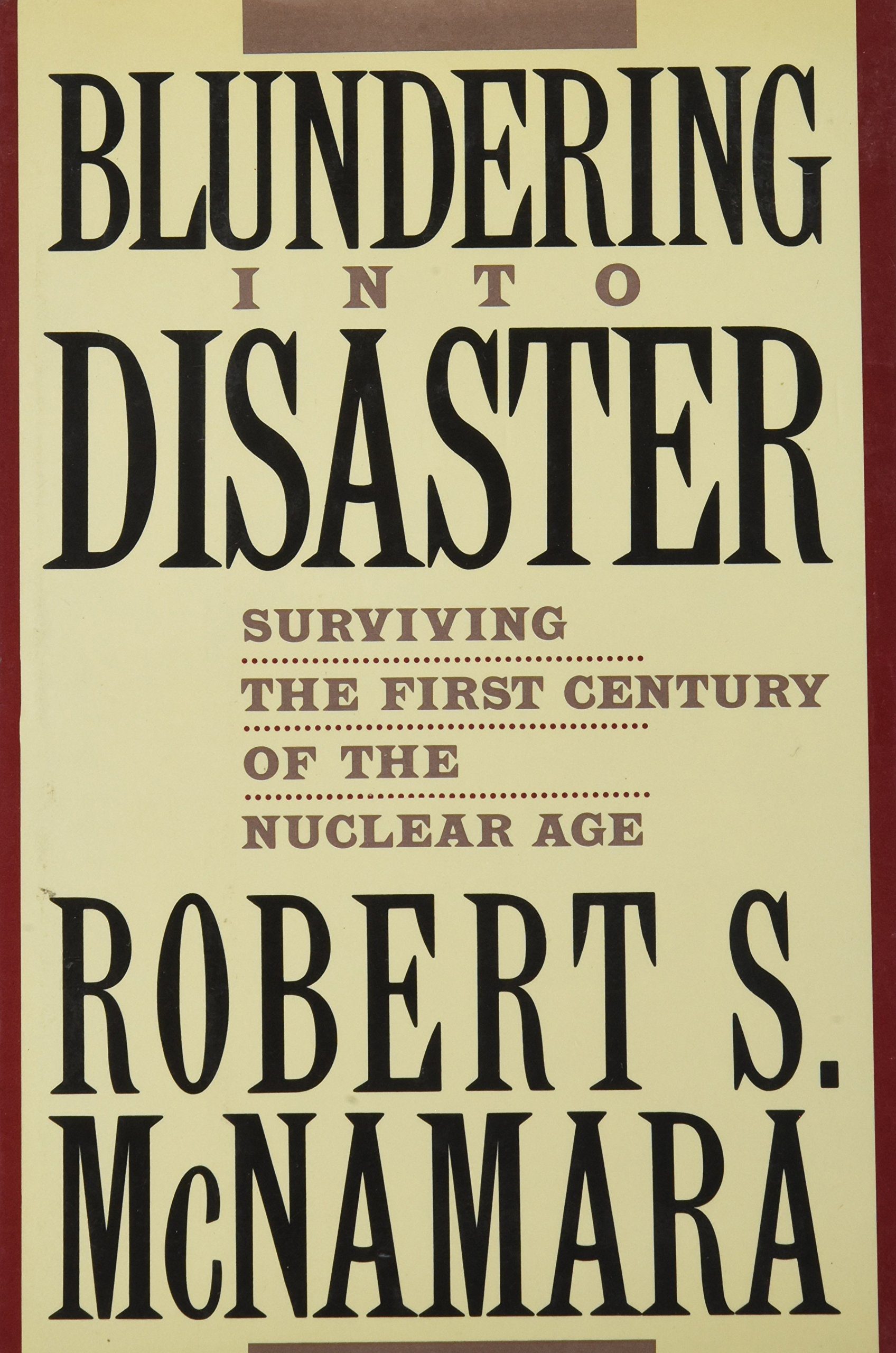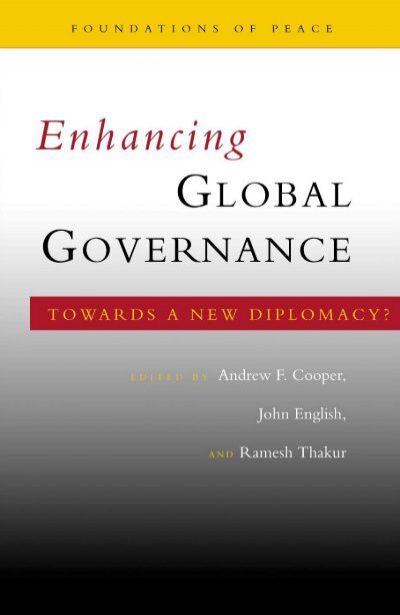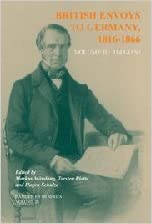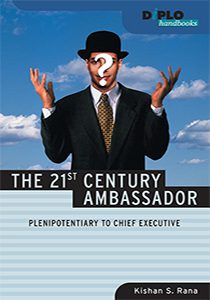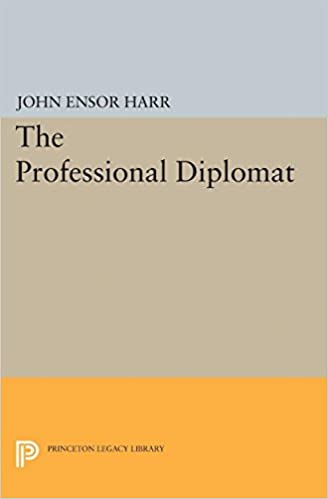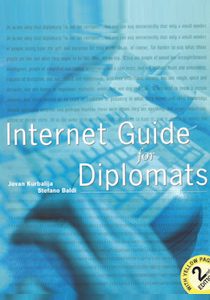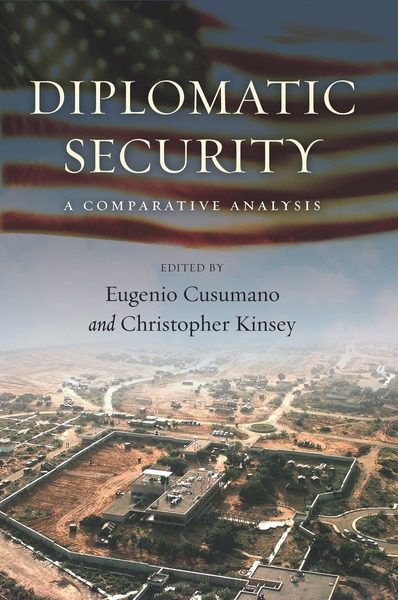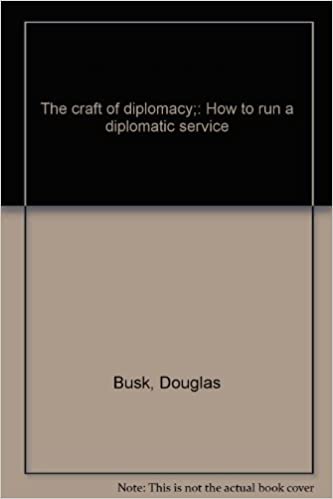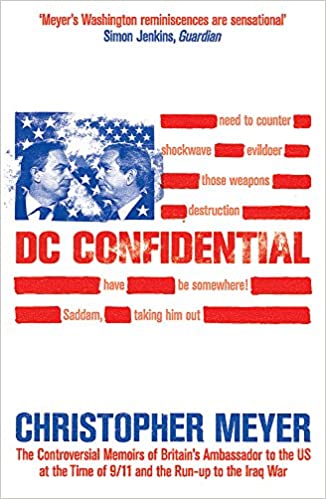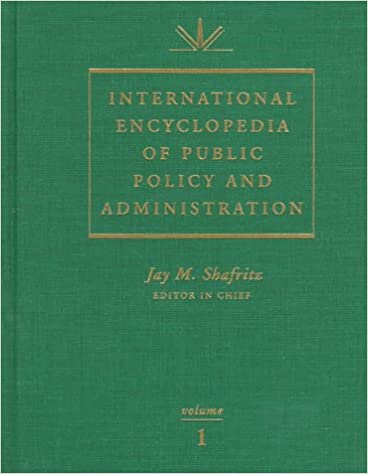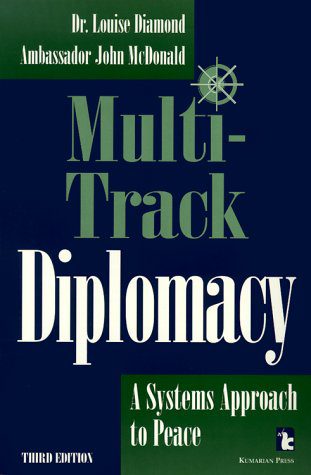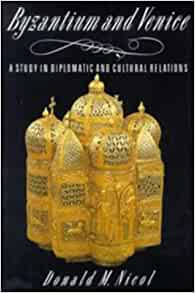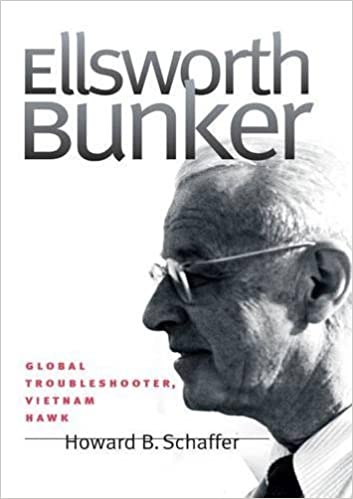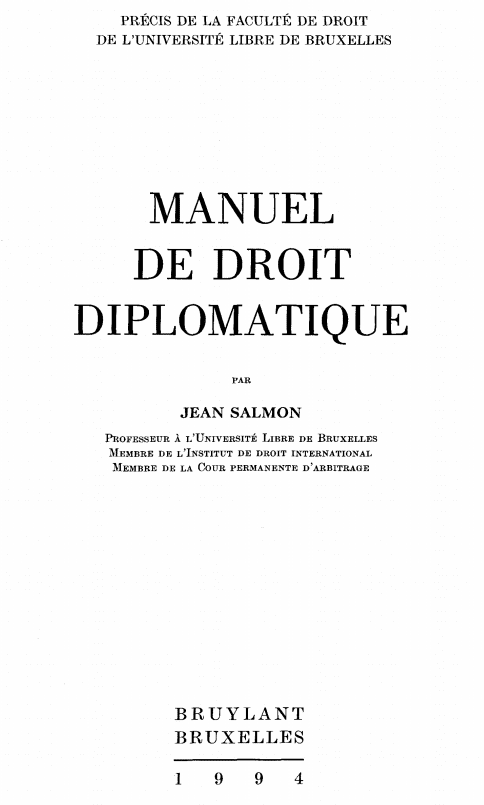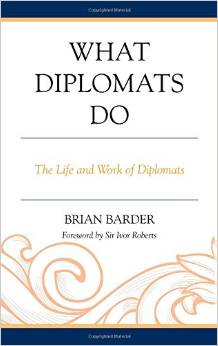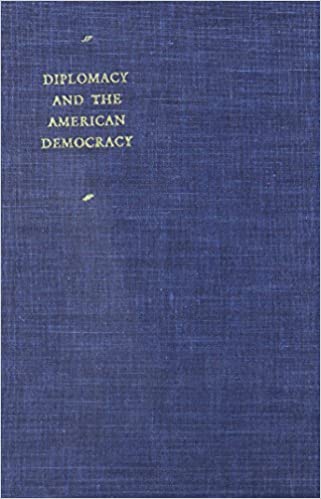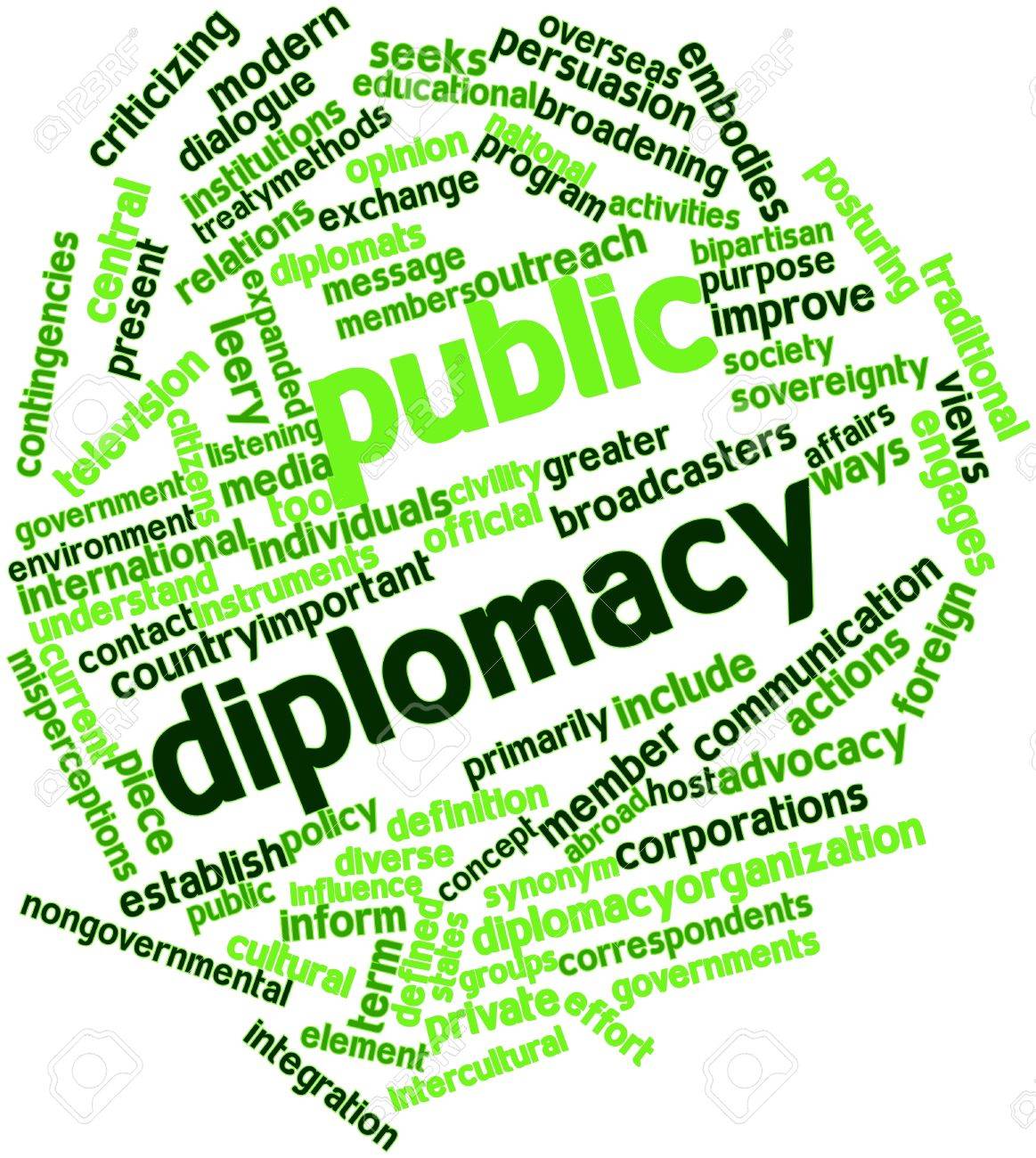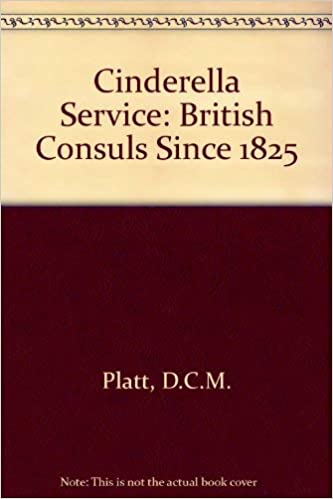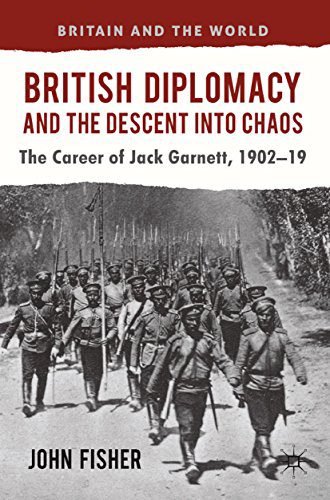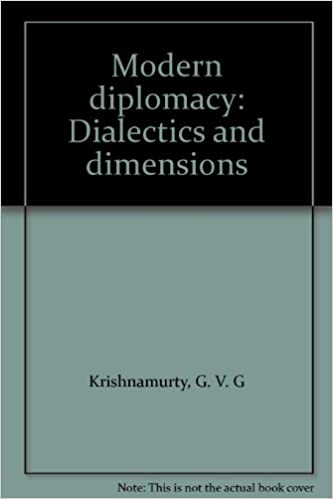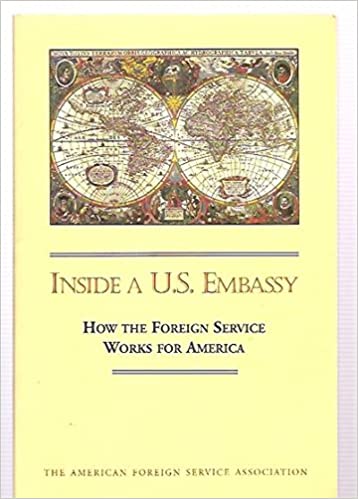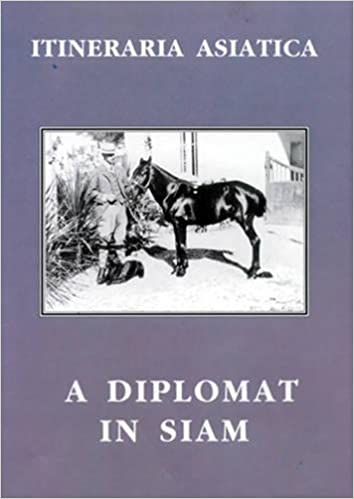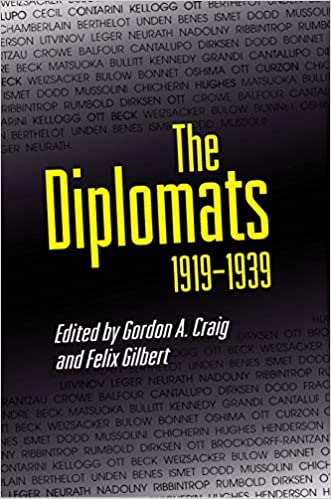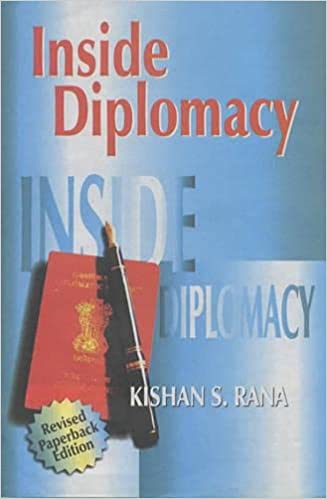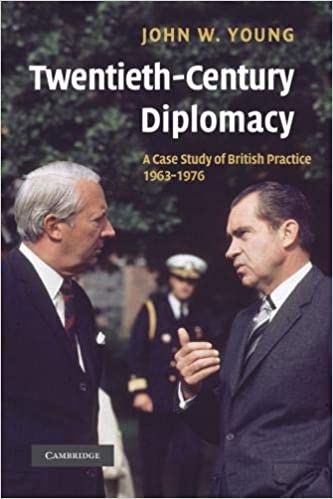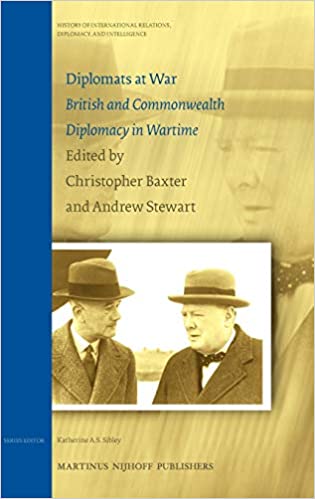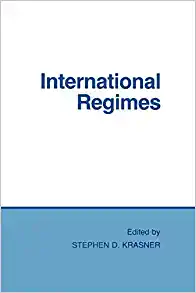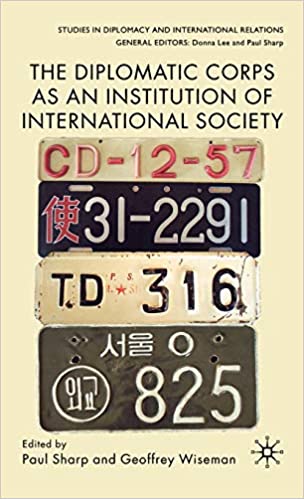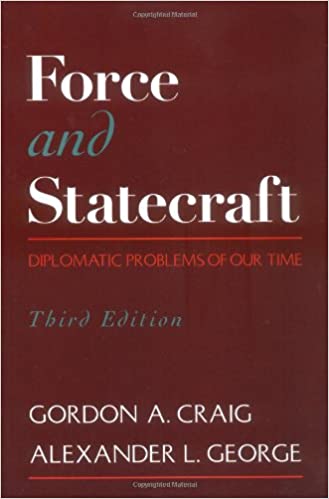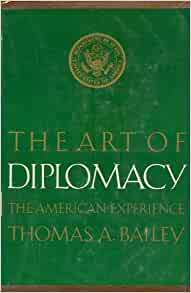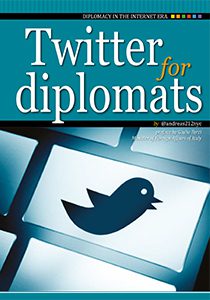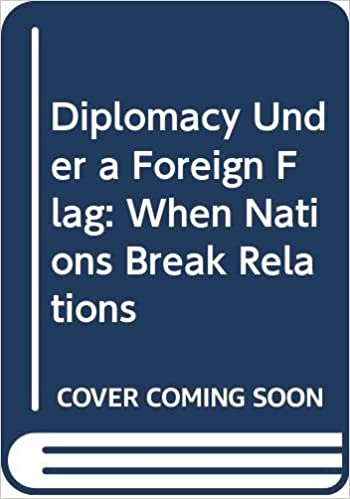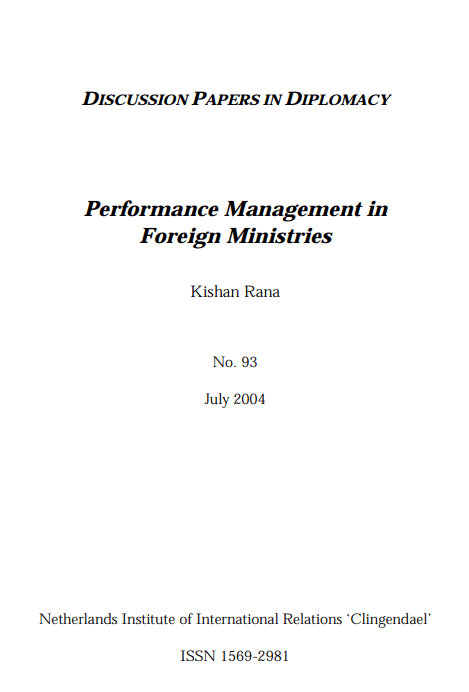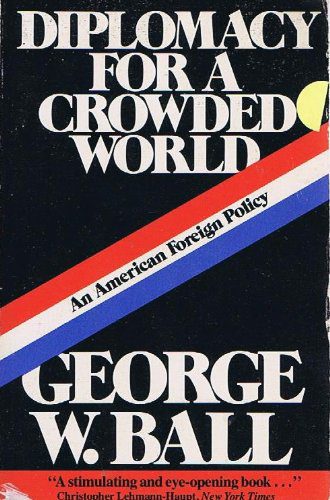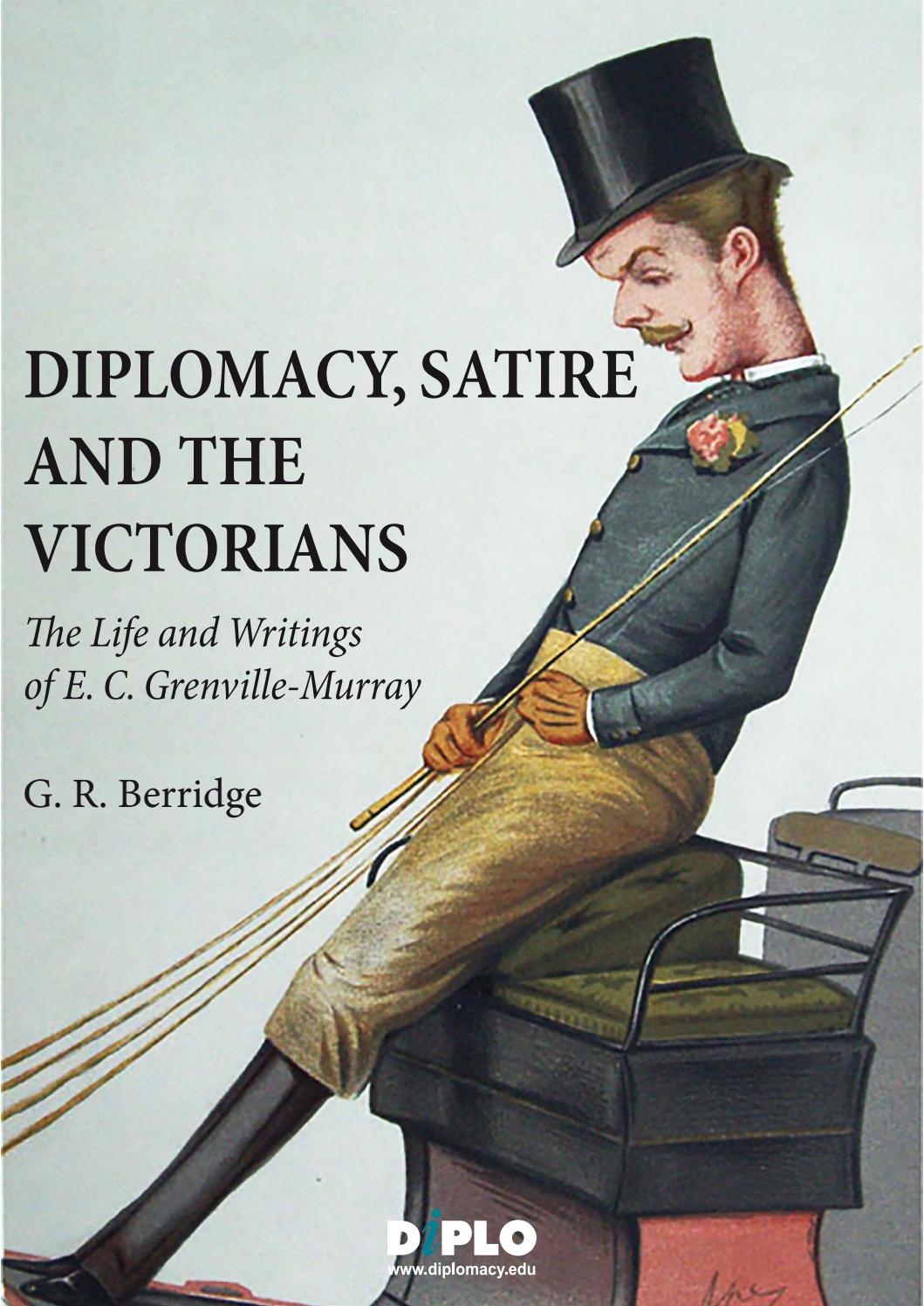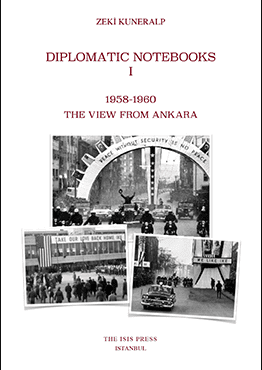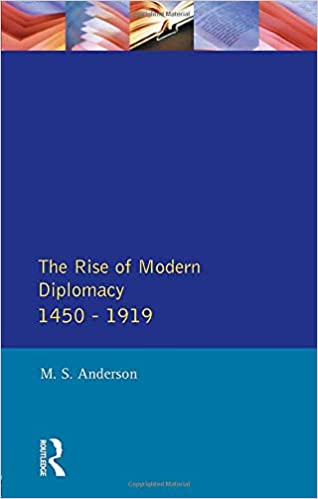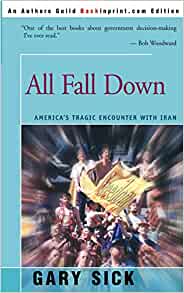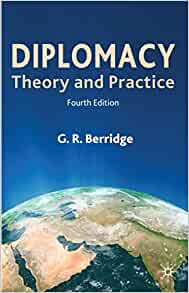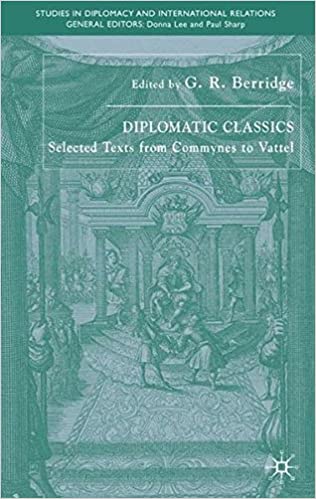Powers speak to one another through the language of diplomacy. Diplomatic language should thus lead to better understanding between them.
Language yields an incomplete sense of the speaker’s meaning as well as of his intent. It is thus legitimate for a diplomat to seek ways to decode the partner’s conscious and subconscious meanings and intentions, or unmask his attempts at deceit – the latter being partly the purview of intelligence gathering. Language also comes with hidden baggage, baggage of many shapes and forms: historical and political context, legal precedent, whatever, that shape the words’ content. Understanding the words’ context is thus a second task of a diplomat.
A sedulous diplomat might achieve understanding of both worlds, if he has enough resources and time. This hardly ever being the case, he must somehow allocate his scarce resources in a sensible manner. The diplomat must decide which analytical tools yield the highest information return to his resource investment. He acts then as an economist, and I, as an economist, can thus stake a claim to being a diplomat who has something to say at this conference – a typical economist’s non sequitur.
Actually, my claim to speak rests on twenty odd years of experience in economic negotiations. The word “experience” is underlined. I was once addicted to all-encompassing and axiomatic theories and constructs – I have since reformed and reconstructed myself as an iconoclast. Such freedom feels wonderful – and rewarding. Let’s thus share this sense of freedom – in a conversation. The British historian Theodore Zeldin defines conversation “as one in which one starts with a willingness to emerge a slightly different person. It is always an experiment, whose results are never guaranteed. It involves risk. It’s an adventure in which we agree to cook the world together and make it taste less bitter.” 1 Should I manage to make you emerge a few minutes from now a slightly different person, with a different insight, I’ll claim success.
But let’s revert to the issues at hand. I’ll give away my point of view at the outset. Strategy comes before tactics, context before text. Agreement on what we want to achieve precedes formulation of the negotiated compromise. Thus understanding the broader – i.e. the historical and factual, or political – context should precede the search for specific words’ hidden meaning. For all our fascination for the subtlety and suppleness of words, words are but very flexible tools. And while tools cannot be dissociated from ends, tools should never usurp the end’s place: if you grasp the substance, the words will follow.
*
Having moved recently to the southern hemisphere, I have been exposed to the ongoing discussion on the relationship between the Maori population in New Zealand and the state. At the core of this discussion is the meaning of the Treaty of Waitangi, which was signed on 6th February 1840 by William Hobson, representing the British Crown, and over 500 Maori chiefs.
I am certainly not an expert in this treaty. The experience with it is sufficiently rich, however, that even I, a simple amateur in this area, may end up providing you with useful reflections on it, thus allowing you to draw your own conclusions.
Let me begin by quoting the operative parts of the agreement:
Article the First: The Chiefs of the Confederation of the United Tribes of New Zealand, and the separate and independent Chiefs who have not become members of the Confederation, cede to Her Majesty the Queen of England, absolutely, and without reservation, all the rights and powers of sovereignty which the said Confederation or individual Chiefs respectively exercise or possess, or may be supposed to exercise or to possess, over their respective territories as the sole Sovereigns thereof.
Article the Second: Her Majesty the Queen of England confirms and guarantees to the Chiefs and Tribes of New Zealand, and to the respective families and individuals thereof, the full, exclusive, and undisturbed possession of their lands and estates, forests, fisheries, and other properties which they may collectively or individually possess, so long as it is their wish and desire to retain the same in their possession; but the Chiefs of the United Tribes and the individual Chiefs yield to Her Majesty the exclusive right of pre-emption over such lands as the proprietors thereof may be disposed to alienate, at such prices as may be agreed upon between the respective proprietors and persons appointed by Her Majesty to treat with them in that behalf.
Article the Third: In consideration thereof, Her Majesty the Queen of England extends to the Natives of New Zealand Her royal protection, and imparts to them all the rights and privileges of British subjects.
The chiefs and the British Resident signed this treaty in the two languages, English and Maori.
In its brevity, the Waitangi Treaty is a beauty, for it highlights the many pitfalls of diplomacy and its context, as set out in language. As I said before, all language comes with hidden baggage. Let’s now look at this text and identify together some of the more lumbering and bulky pieces we have to watch for.
HER MAJESTY QUEEN VICTORIA
The first element of the “baggage” is undoubtedly the relative power of those who were about to sign the treaty. Every treaty reflects the relative power of the parties. The queen of an empire spanning the world on the one side, the Maori chiefs on the other – we can readily predict the outcome.
Were the Maori aware of Britain’s might? The Maori were certainly aware of the military power of the West, having a vivid if horrified memory of a French naval bombardment and subsequent slaughter 50 years before in retaliation for the killing of Marion du Fresne. Since then, Maori chiefs had visited King George IV in London and Maori sailors had travelled extensively in the Pacific. They thus knew the relative strength of the various naval fleets in the Pacific. They feared the French and sought the protection of the British, who had brought them weapons, luxuries like blankets and tobacco, and education.
Great Britain certainly was the more powerful partner. He who has power has the options, and where there are options there is room for dissent. Was there a British unity of purpose to wield the fullness of its military power in New Zealand? In fact, Whitehall was of two minds about what to do. In 1833 Great Britain had abolished slavery throughout its possessions, and the humanitarian movement held sway in Whitehall. On the other side, so much already British labour and capital had been invested in fisheries in New Zealand that British intervention was called for to exclude other powers. Additionally, the treaty was intended to protect settlers and speculators from the forays of the Maori, while restraining pakeha aggression against Maori land and people.
The introduction to the written instructions to Hobson amounted to an apology for British intervention. Maori independence was recognised, even a sovereignty of sorts, but it was also negated; British colonisation and investment was allowed for, yet its inevitability was regretted. It attempted to show that justice was being done to the Maori people even while admitting that the intervention was nevertheless unjust.2 To conclude, yes, Britain wielded power, but reluctantly and, had it been challenged, it might have altered its attitude.
Of these internal British conflicts the Maori were ignorant and, had they known about it, they would have been unable to profit from it. They lacked an indigenous political foundation. The county was too large, clan settlement too scattered and tribal divisions still too strong. At most, a territorial concept called Nui Tireni had emerged by then, so too had a sense of “Maoriness”.
What practical lessons can we draw for the diplomat? Between the extremes of thinking that a treaty can overcome the imbalance in power, and that of assuming that a treaty enshrines the imbalance, giving the stronger the right to dictate the terms as well as to enforce them, there is a world of possibilities for a skilful diplomat.
The greater the imbalance, the more the “weaker” side needs to know its counterpart’s aims and attitudes, internal difficulties, and objective strengths. I’ve seen far too many negotiations fail because the diplomats knew their own positions too well, and never reconnoitred the counterpart’s positions and arguments. They were literally entrenched behind their own briefs. My advice thus would be: know the other! Many negotiating disappointments I put down to a failure to understand the broader and specific context from which the opponent starts.
The “stronger” side, on the other hand, has a tendency to make a negotiation easy for itself by resorting to the use of power. President Clinton informed the UN in 1993 that the US would act “multilaterally when possible, but unilaterally when necessary”.3 This in my view is a prescription for blindness4 of the situation and of the counterpart’s possibilities to influence the negotiations and a surprising statement from the president of a country that had sensed the limits of power in the marshes of Vietnam.
And finally, let me point out that there are different kinds of power. There is the power to conquer and achieve. The Romans, and the British had it, the US wields it today, albeit reluctantly – or so it says. Then there is the power to obstruct or to deny, and circumstances can give this power to any group or country. Power to conquer usually bests power to obstruct, but not always. The Greeks resorted to it at the Thermopiles. Switzerland had the power to deny transit through the Alps, once it was proven feasible. The country was born from this power. When the Swiss tried to parlay this power into achieving dominance in Europe, they failed before the French guns at Marignano. And finally, remember Vietnam?
Diplomats, forever looking for the felicitous expression, describe this state of affairs as être demandeur – a term which is imperfectly rendered in English as being “the seeker” or “the buyer”. There can be a tension between the overall power balance and the specifics of a situation, and a good diplomat will always seek to use this tension to his country’s advantage. The fact that Britain sought Maori assent to colonisation – contrary to Australia, where it maintained the fiction that the country was empty – is in part the reflection of this tension.
THE CONFEDERATION OF THE UNITED CHIEFS OF NEW ZEALAND
In 1835 the British Resident had persuaded the Maori chiefs to sign a Declaration of Independence, creating the Independent State of the United Tribes of New Zealand. I take this declaration as a symbol for the over 65 years of contact between the West and the Maori.
James Cook, following up on Tasman’s discovery in 1642, had arrived in New Zealand in 1769 and returned two more times. The Maori dealt with intrusion lethally at first. They soon learned to fear the overwhelming western firepower. Each side modified its behaviour to get what it wanted. Westerners needed food and water, and wood to refit the whaling and sealing fleets. The Maori were attracted to iron tools, potatoes and other food crops to increase food security, weapons, tobacco, and education. They sensed that the West had upset the balance of power among the islanders and sought to take advantage of it. The period before 1840 was a period of extensive internecine warfare as the different clans vied for predominance, exploiting pakeha presence. The West also brought disease, however, and unruly characters whom the Maori could not control.
Reluctant to assume colonial responsibility, Britain at first tried to establish a confederation of Maori chiefs on the way to a protectorate. The Declaration of 1835 calls upon George IV “to be the parent of the infant state…its protector from all attempts upon its independence.” This declaration was acknowledged from London, and the Maori thought that it set the basis for a stable relationship with Great Britain. It formed the legal basis on which ships built in New Zealand could fly the Confederation flag, avoid seizure and enter the Australian harbours duty free.
By 1840 the British government came under pressure from potential settlers to New Zealand to scuttle the concept of indirect rule and to make the country a colony. In order to win the Maori chiefs’ agreement to the treaty, the confederation was upheld at the same time as it was emptied of its significance. This is but the first of a series of deceptions, which were carried out at the chiefs’ expense.
If I mention the antecedents of the treaty here it is because too often history is forgotten, particularly by the stronger side, or misused as spin. A Canadian philosopher or gadfly argues, “history is a seamless web linking past, present and future. Contemporary Western society attempts to limit history to the past, as if it were the refuse of civilisation.”5
History is complexity, different strands of thought and passions. We feel uncomfortable with this messy, even amorphous mass. We long for the simple and grand design, or the simplistic explanation, which of course true history never provides. We feel then that we are prisoners of history – the ancient sources of our current behaviour – and we fail to see the richness that a historical approach can provide for shaping our future. There are a thousand ways to make things better, while only one to make things right. If this road is closed, why not go for second best?
History is not just a source of understanding of why we are what we are today, and where we are or can be heading. By artificially limiting the available choices a theoretical approach impoverishes the diplomatic and negotiatory discourse. And this is the most elementary error a diplomat can make. If history constrains certain options, it also opens up a myriad of subtle possibilities. Had Britain built on the history of its relationship with the Maori, the evolution of the partnership between the two groups would have been fairer.
POWERS OF SOVEREIGNTY
Power imposes the negotiatory process, and often its result. This is a well-known fact. Fascinated as we are by the interplay and complexity of power relations we tend to forget or at least fade out another effect. Power imposes the very choice of the language which is used in a diplomatic negotiation and in an agreement. From the seventeenth to the nineteenth century French was the language of diplomacy. It was also the period of French ascendancy.
The choice of the language implies both the meaning of the words used – their conceptual baggage – and, as in the current case, the choice of the treaty language, which was English, translated by British people into Maori without independent verification by the latter.
Sovereignty – the willingness and readiness to exercise absolute control over a bounded territory – is a Western category. It reflects our cartographic and dichotomous way of thinking.6 Among the Maori sovereignty was the result of mana – power based on hereditary rank and personal achievement.7 Manas could coexist and overlap, as they did in the medieval times in Europe. The Maori, by the way, were not alone in finding such Western categories strange: in the desert world of the Arabs or Mongolia, a frontier has little meaning.
The word kawanatanga translates sovereignty into Maori. The missionaries had used it first to define the functions of Pontius Pilate, and meant governorship and rather administrative authority. Rangatiratanga, a term used by the same missionaries to express God’s Kingdom in the translation of the Lord’s Prayer, described over lordship. This latter term was belatedly smuggled into the new official translation of the treaty established in 1865. The second article of the Waitangi Treaty guarantees this power to the Maori signatories, not the crown. As a consequence, the Maori might well have assumed that their sovereign rights were actually being confirmed in turn for a limited concession of administrative power.
The very first article of the treaty thus contains a conceptual construct foreign to the Maori. In the eyes of the British it was loaded with the baggage of the then emerging international law. We encounter here possibly one of the most intractable problems of language in diplomacy. We have hardly any word left, which has not been used in a previous diplomatic context and is thus free of hidden reference to preceding negotiatory contexts or treaties.
When I participated in negotiations on free trade agreements one had to steer a narrow course between using “WTO language” and “EU treaty language” in describing certain rights and obligations linked to a term like “measure with equivalent effect”. The treaties from which the term is taken differ in their scope and finality, and must be interpreted in different ways. This reflects itself in the jurisprudence, which differs. In addition, the Vienna Convention on Treaties sets some general parameters for interpretation. No wonder we take international lawyers to the negotiations.
Next to the historical context then, we also need to consider the legal context of the language to be used. This problem is becoming more and more complex, and ironically, is being compounded by information technology. Our enhanced capacity to retrieve precedents quickly from databases by the use of search engines and the feasibility to establish hypertext links to these precedents pushes us to the very limits of our capacity to act while remaining coherent. And this applies both to the negotiation and to the interpretation of the treaty, given our novel capacity to record in every detail every aspect of the negotiatory process and to retrieve it at will when interpreting the text.
Business, forever practical, has found a way out of this quandary: the increasing use of arbitration in settling legal disputes over contracts. This tool provides for quick and ready ad hoc justice, justice with little or no precedent or legal consequences. It is anecdotal law if you wish – and do I see wry smiles among you remembering the passion of Chinese scholars for collecting anecdotes rather than constructing theories?
In fact, even the refutation of an argument on the grounds of contradiction is a mental construct, arising out of the Platonic view that reality can be whittled down to an essential and permanent core, safely discarding superstructures. Who knows, maybe Walt Whitman was right after all, when he proclaimed, in the Song of Myself:
Do I contradict myself?
Very well then I contradict myself.
(I am large, I contain multitudes).
In a less frivolous tone, I would like to submit that Isaiah Berlin’s insight applies here. It is the idea that the ultimate human values are objective but irreducibly diverse, that they are conflicting and often uncombinable, and that when they come into conflict with one another they are often incommensurable, that is they are not comparable by any rational measure. Its implication for political philosophy is that the idea of a perfect society in which all genuine ideals and goods are achieved is not merely utopian, it is incoherent. Political life, like moral life, abounds in choices between rival goods and evils, where reason leaves us in the lurch and whatever is done involves loss and sometimes tragedy.8
RIGHTS AND PRIVILEGES OF BRITISH SUBJECTS
The trade-off the British offered the Maori for giving up independence was to partake of the rights and privileges of being British subjects. Here we have another concept with baggage. The baggage here is that of common law. By becoming British subjects the Maori had accepted Britain’s common law. The states wishing to adhere to the EU know how heavy this baggage is. They have to scrutinise the acquis communautaire, a process that lasts months and years, and prove to the EU Commission’s satisfaction that their legislation is compatible with EU law. The first translation of the laws of England into Maori was carried out in 1865.
Was this a prevarication of the Maori? Of course it was. Not so much that they were not told what their obligations were, as many as they were. But that they were not clearly told what their rights were – and they were very significant.
In particular, it has been held that the acceptance of British sovereignty and common law extinguished prior rights. In Britain, however, common law emerged as a means to preserve prior rights – rights dating back to times immemorial – even when they contradicted general principles. Thus, by becoming subject to common law, the Maori should have achieved an additional degree of protection for their existing rights.
I am not going to venture into this politically highly charged field. The Treaty of Waitangi, however, as imperfect a document and as a process it was, is now the basis for a belated review of what the rights of the Maori are. The Tribunal of Waitangi has been established and has restored, among other things, extensive fishing rights on the South Island to the Maori.
*
The organiser of this conference expounded to me recently a difficulty his students encounter – in a world of hypertext links – namely to know when a paper is complete. For one can always add another link or another argument. My first reaction was a shrug. An analysis is never more than work in progress, so the search for boundaries or completeness is hardly fruitful.
Then I remembered an article by the biologist Stephen J. Gould9 about the “scale dependency of laws”. No two species can occupy the same ecological niche – this is a well-known law of ecology. Man and lion may not lie next to one another – except in Paradise. But this law is not true in an “absolute sense”. For bacteria and man have lived in the same ecological niche, maybe somewhat uncomfortably, but they have lived. The ecological law applies only at the same scale. The same applies to arguments. What I have assembled in this causerie on language and diplomacy in the context of the Treaty of Waitangi are arguments and considerations, which apply – in my view at least – to the same level of generality and importance. At different or more specific levels, other considerations apply.
The issue of hidden baggage in diplomatic language – power, concepts and constructs, international and national law – is the landscape in which the diplomat then exercises his skill.
Diplomacy then is an act of recognition first. It is an acknowledgement of the realities that surround the process, in particular the hidden baggage. Even more, though, diplomacy is an act of intuition. It is finding one’s way in a landscape often stark, often forbidding. For this you have no patent process or medicine, and you never have a certainty of success. Changes in the weather, or changes in the temperature, a hail of stone, or an avalanche can do you great harm or bring your efforts to nought. But that’s the fun of the challenge, and of diplomacy.
ENDNOTES
1. Theodore Zeldin, Conversation: How Talk Can Change Your Life (London: Harvill Press, 1998), vii, 103.
2. Claudia Orange, The Treaty of Waitangi (Wellington: Bridget Williams Books Ltd., 1987), x, 312.
3. As cited in Noam Chomsky, Rogue States: The Rule of Force in World Affairs (Cambridge, Massachusetts: South End Press, 2000).
4. Chalmers Johnson, Blowback: The Costs and Consequences of American Empire (New York: Little Brown, 2000), xix, 268.
5. John Ralston Saul, The Doubter’s Companion: A Dictionary of Aggressive Common Sense (Harmondsworth: Penguin, 1995), 342.
6. This attitude may be the result of the western civilisations having evolved from an agricultural base. Hunting and gathering societies or those living from fish had a different view of what defines a territory. See T. Flannery, The Eternal Frontier (Melbourne: 2001), 404.
7. Keith Sinclair, The Oxford Illustrated History of New Zealand (Auckland: Oxford University Press, 1997), viii, 408.
8. John Gray, Berlin (London: Fontana, 1995), viii, 189.
9. Stephen J. Gould, The Lying Stones of Marrakech (London: J. Cape, 2000), 372.


